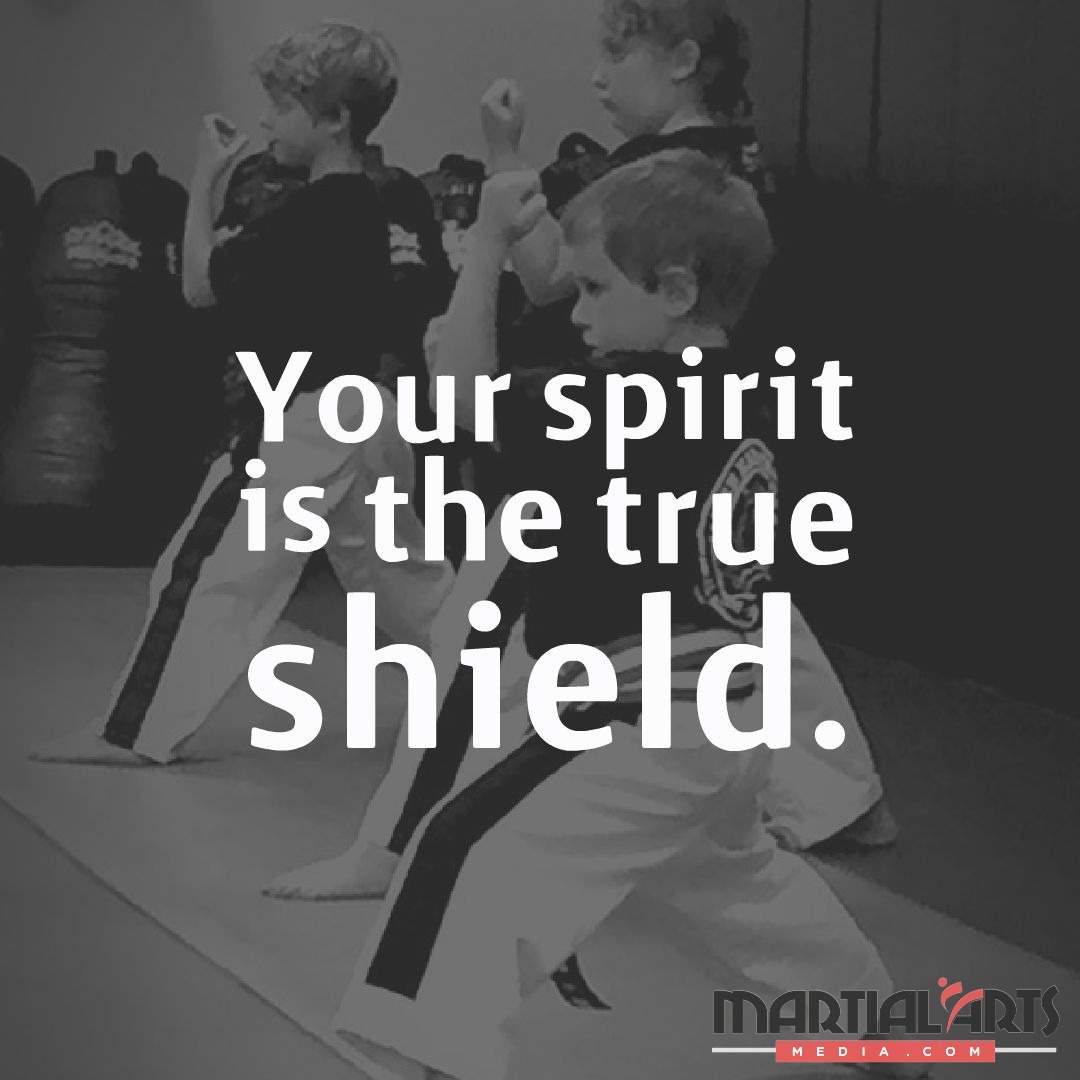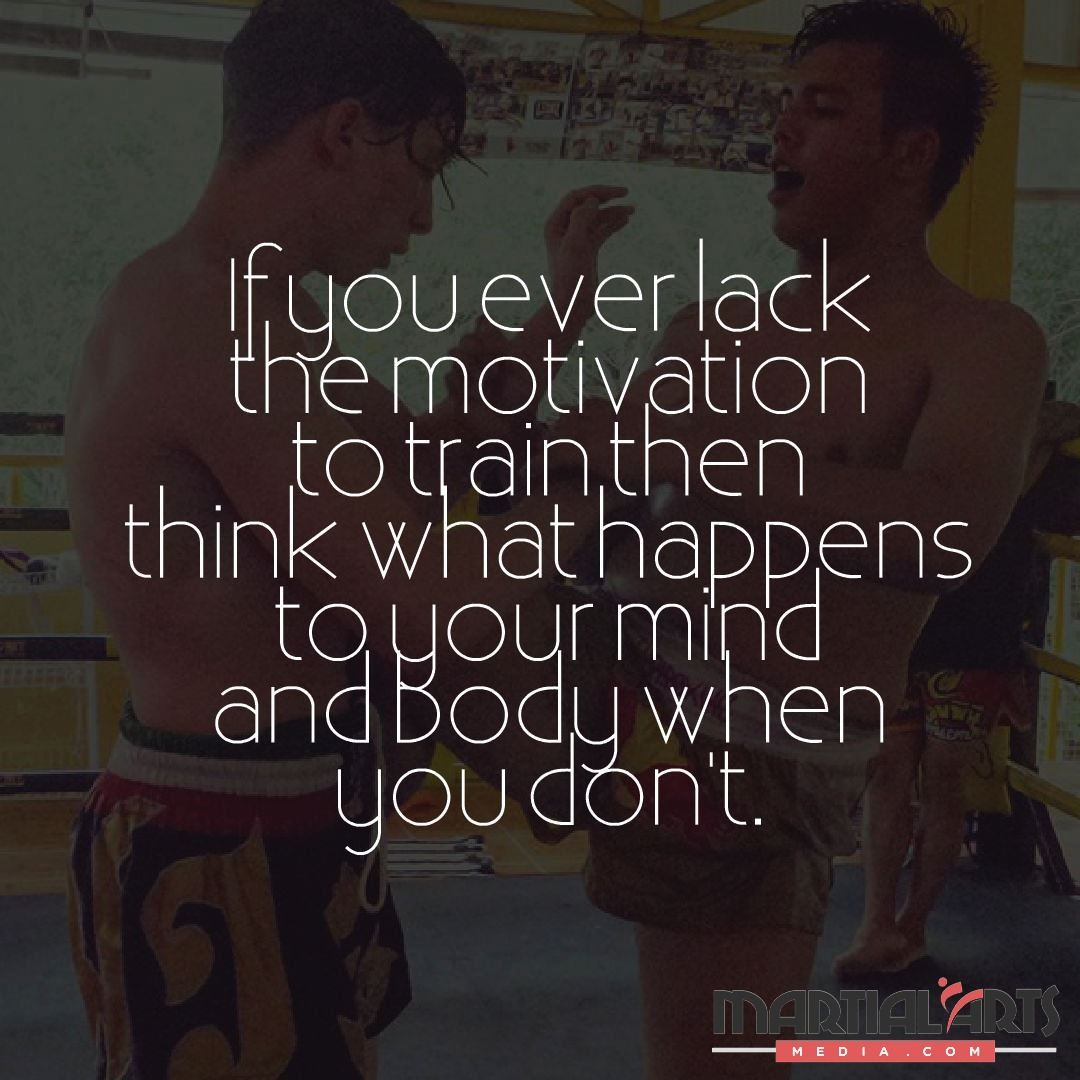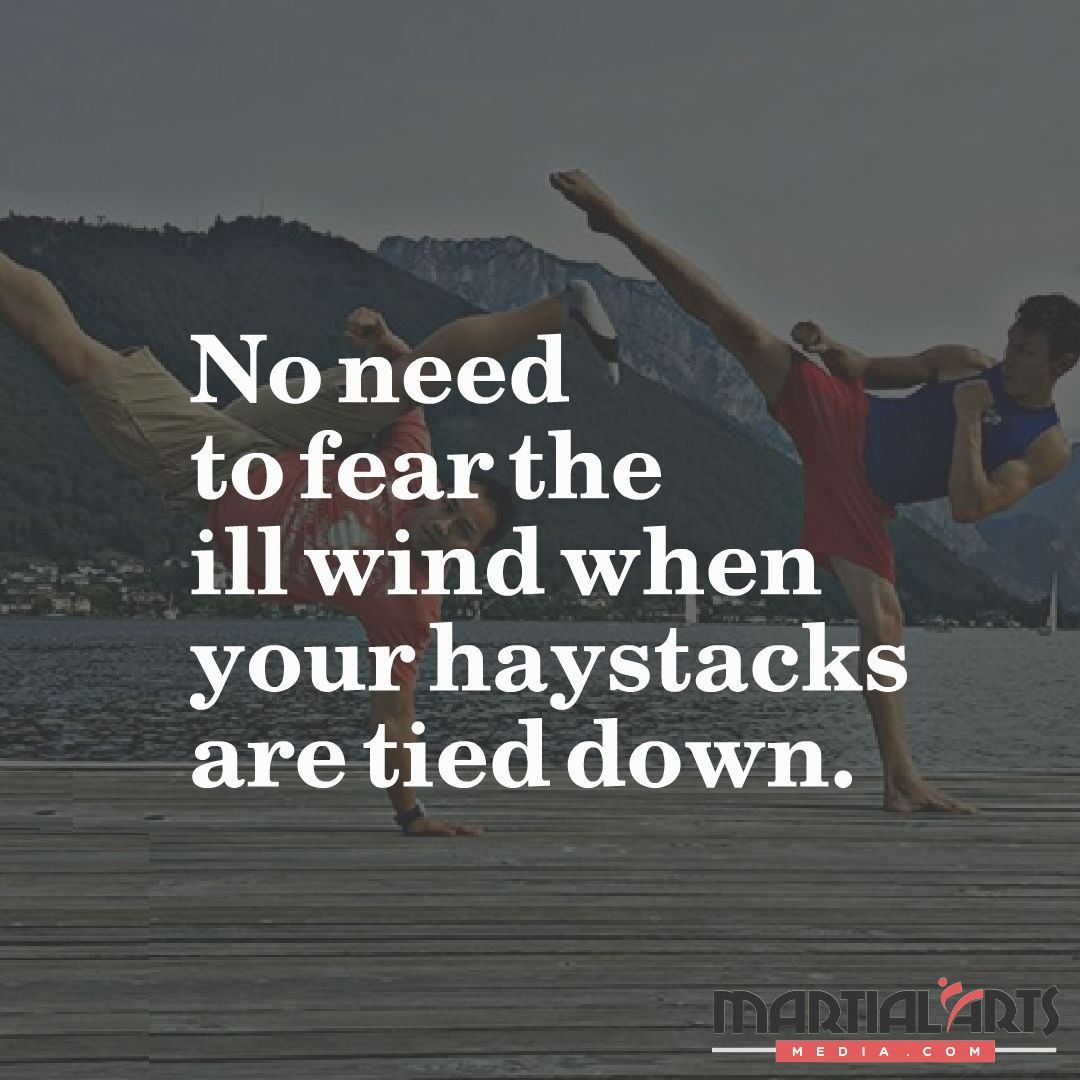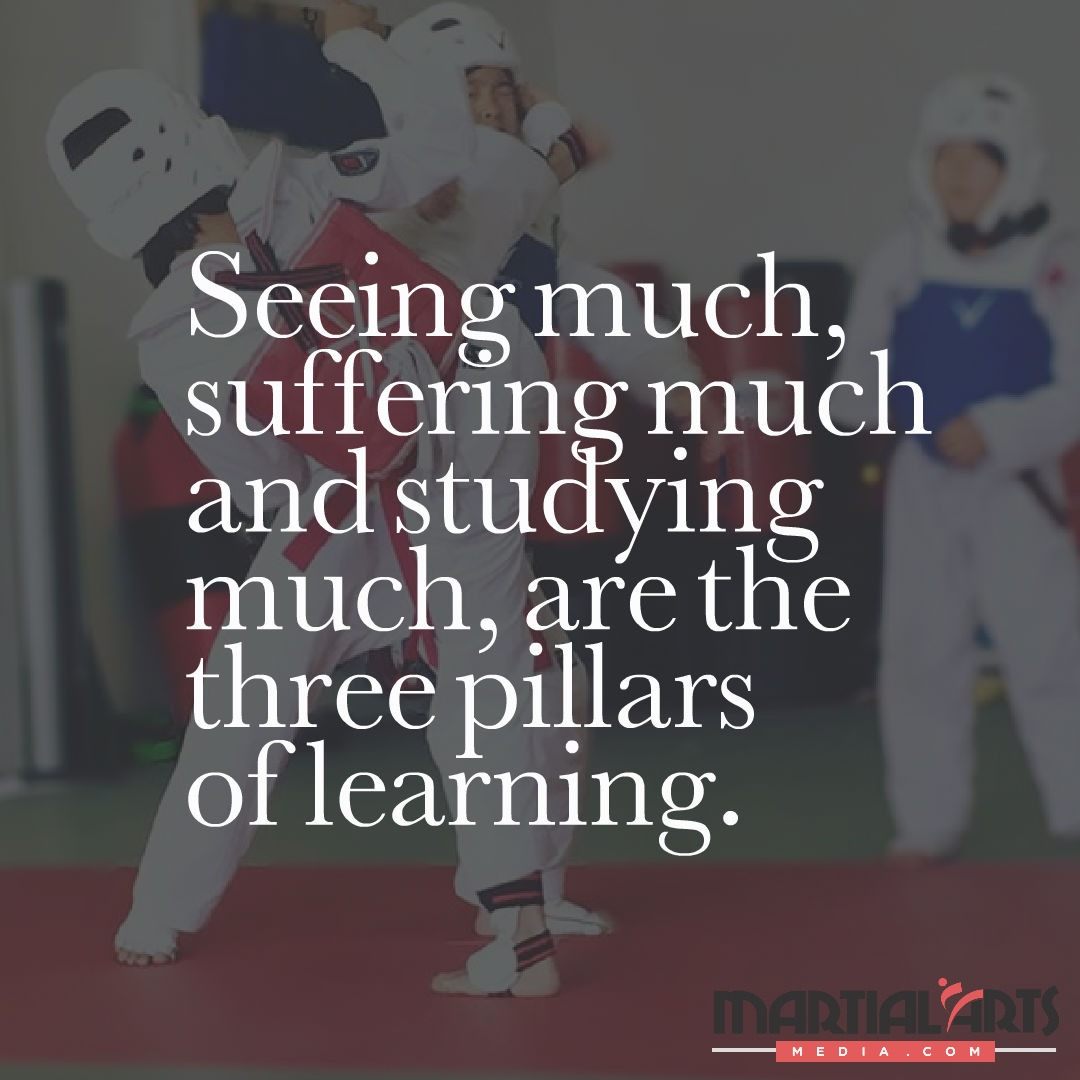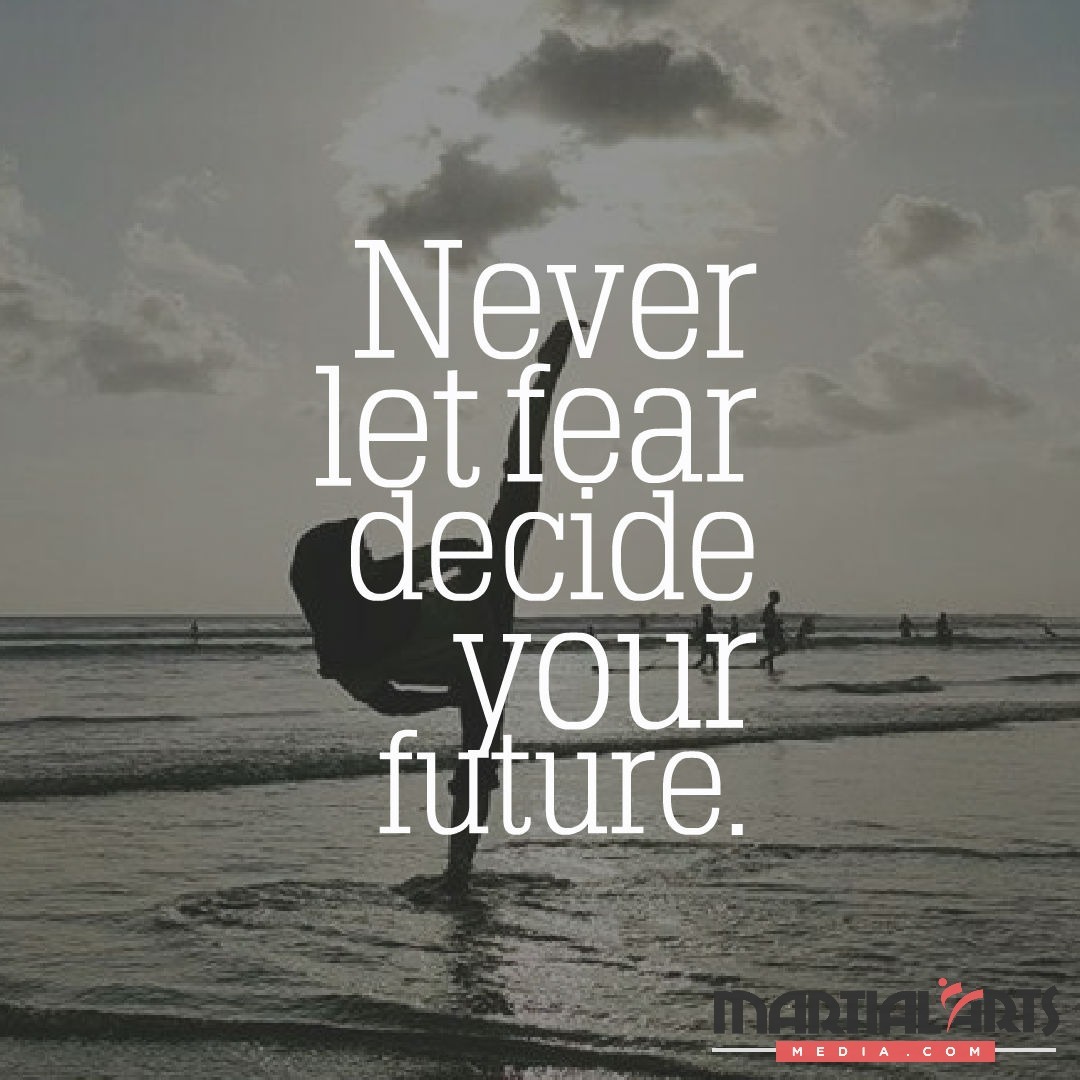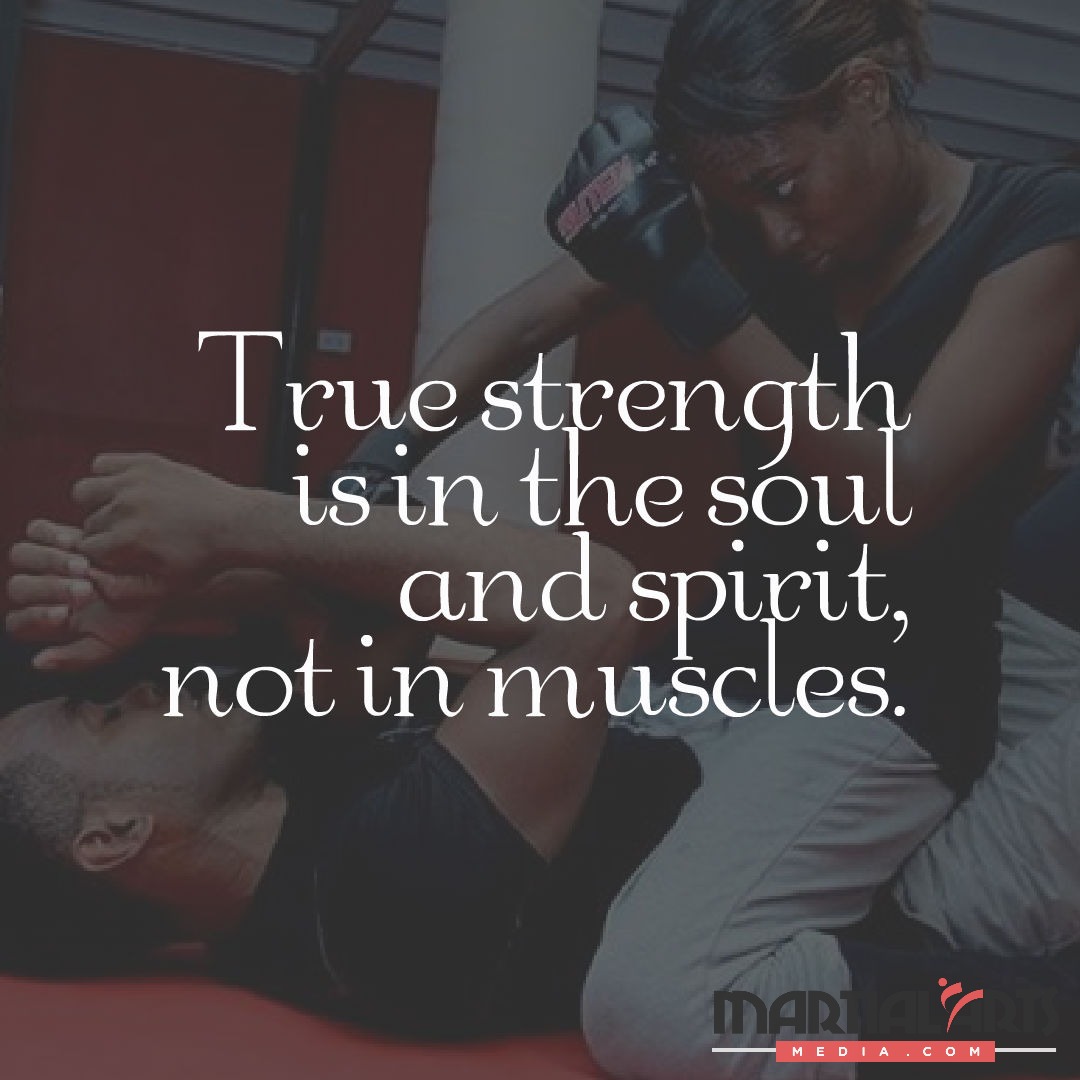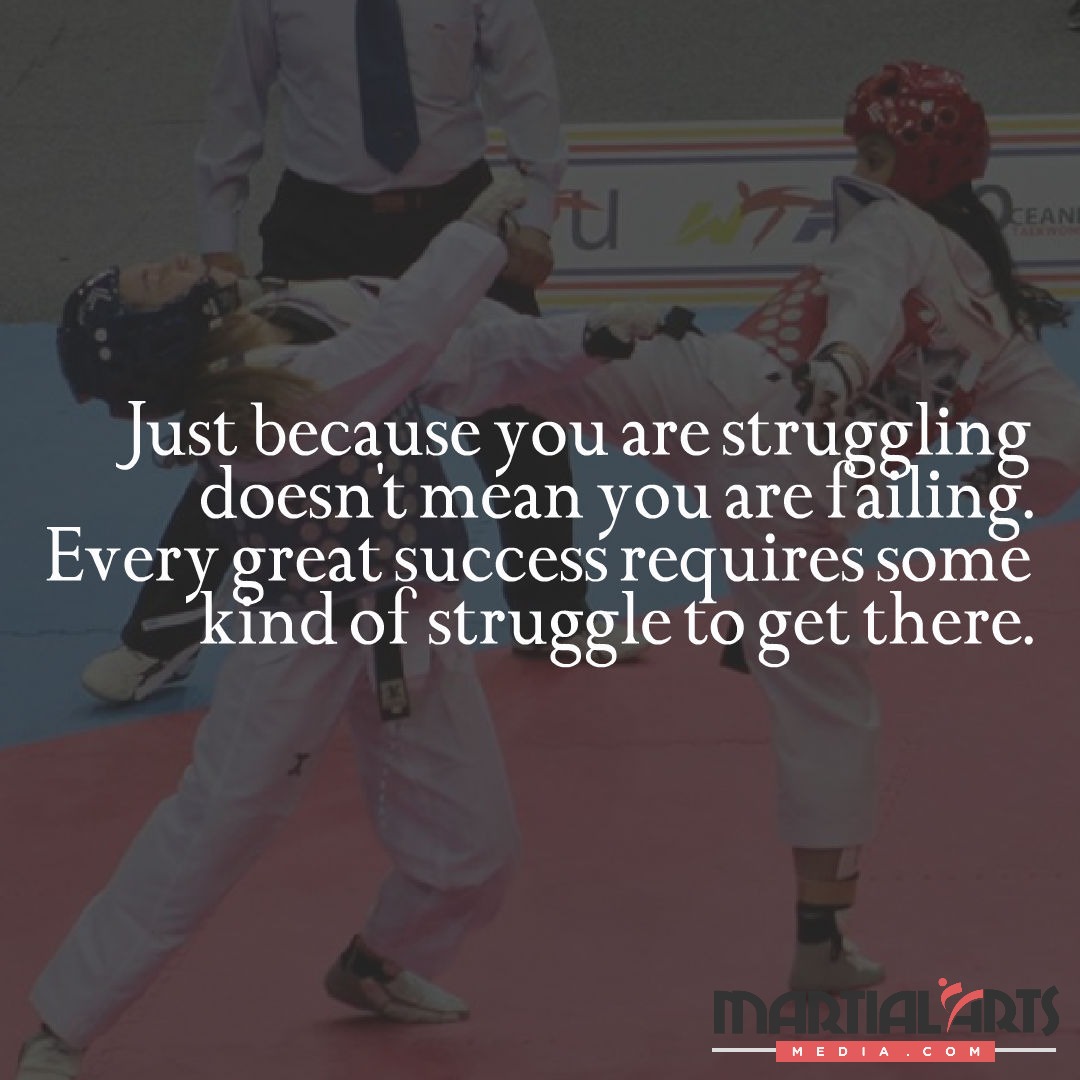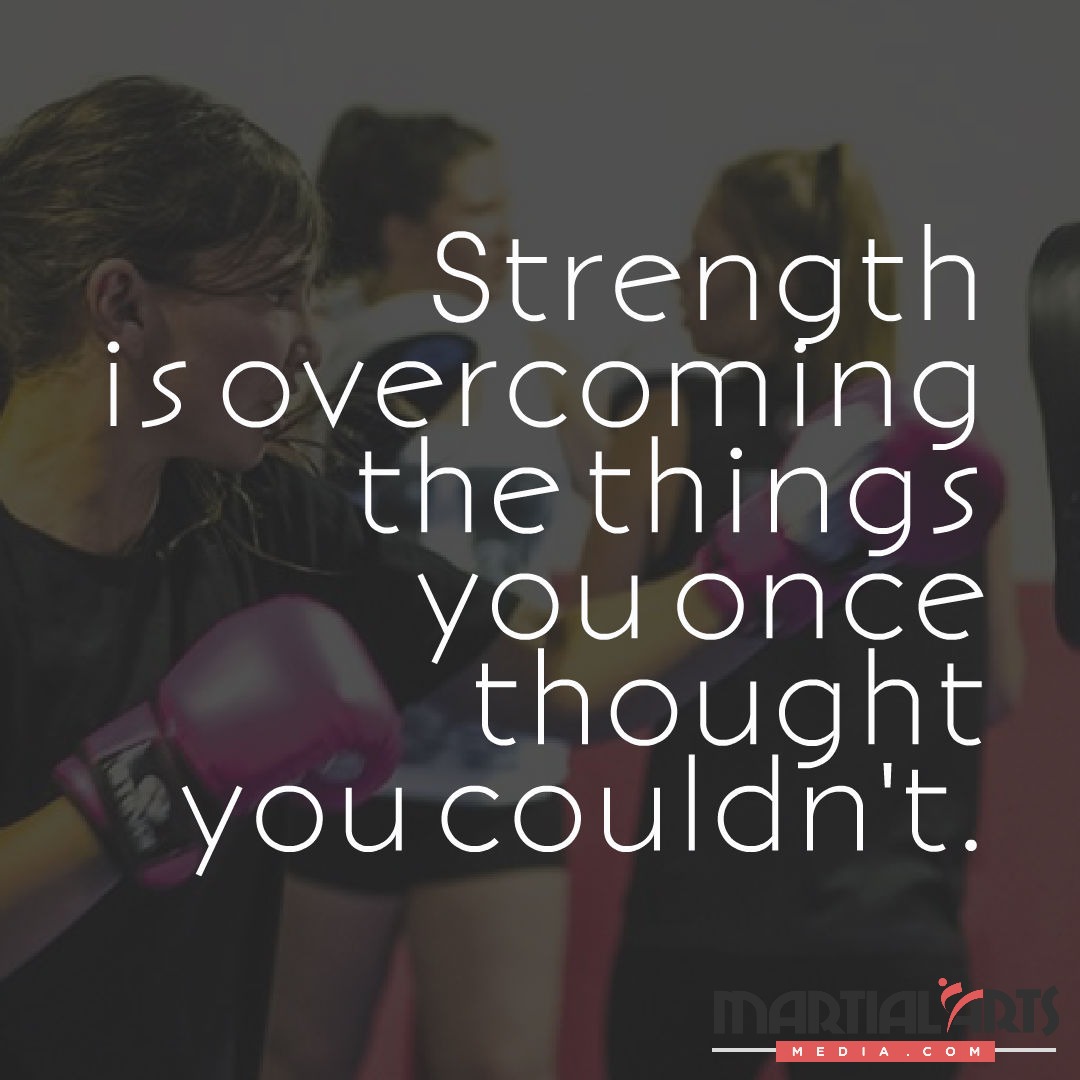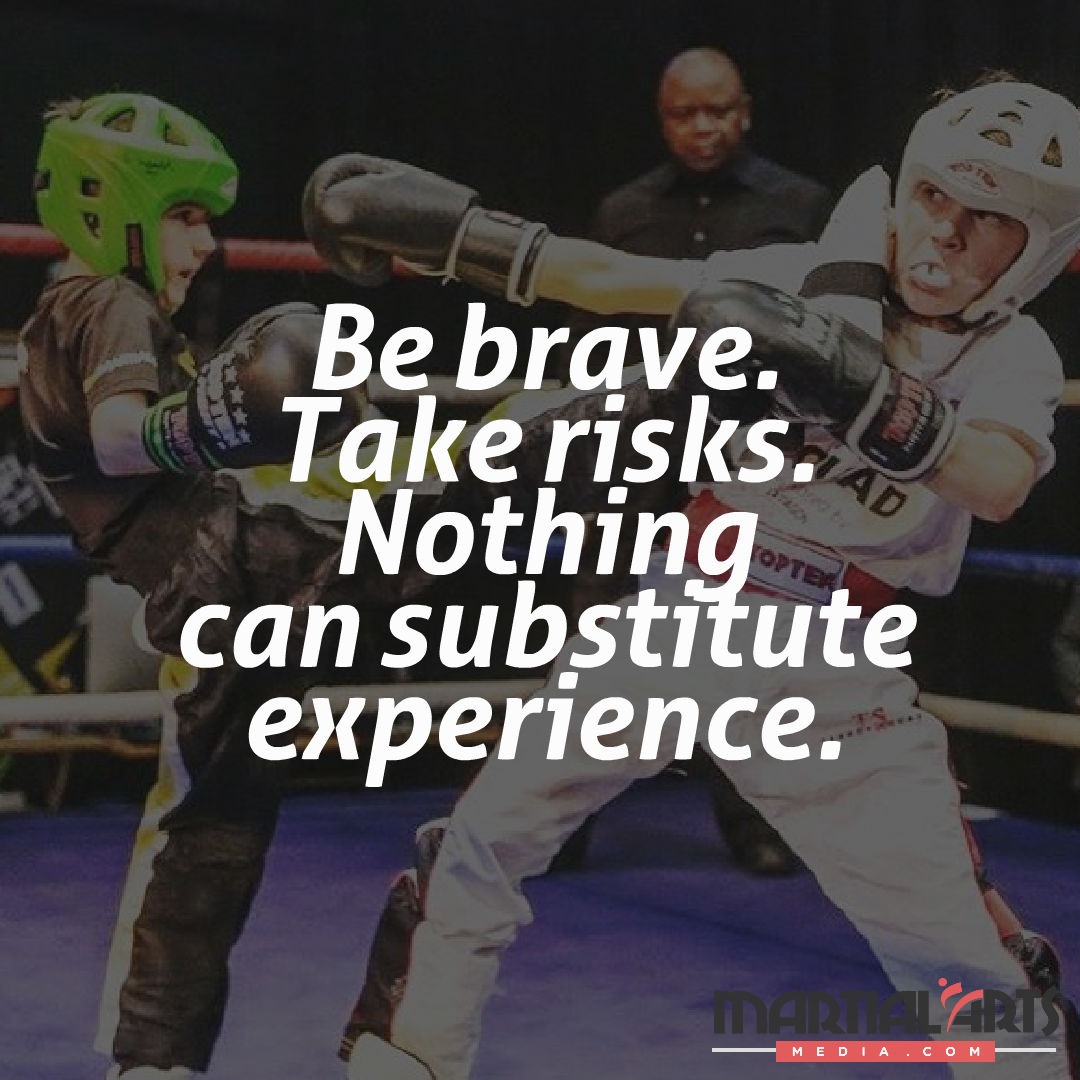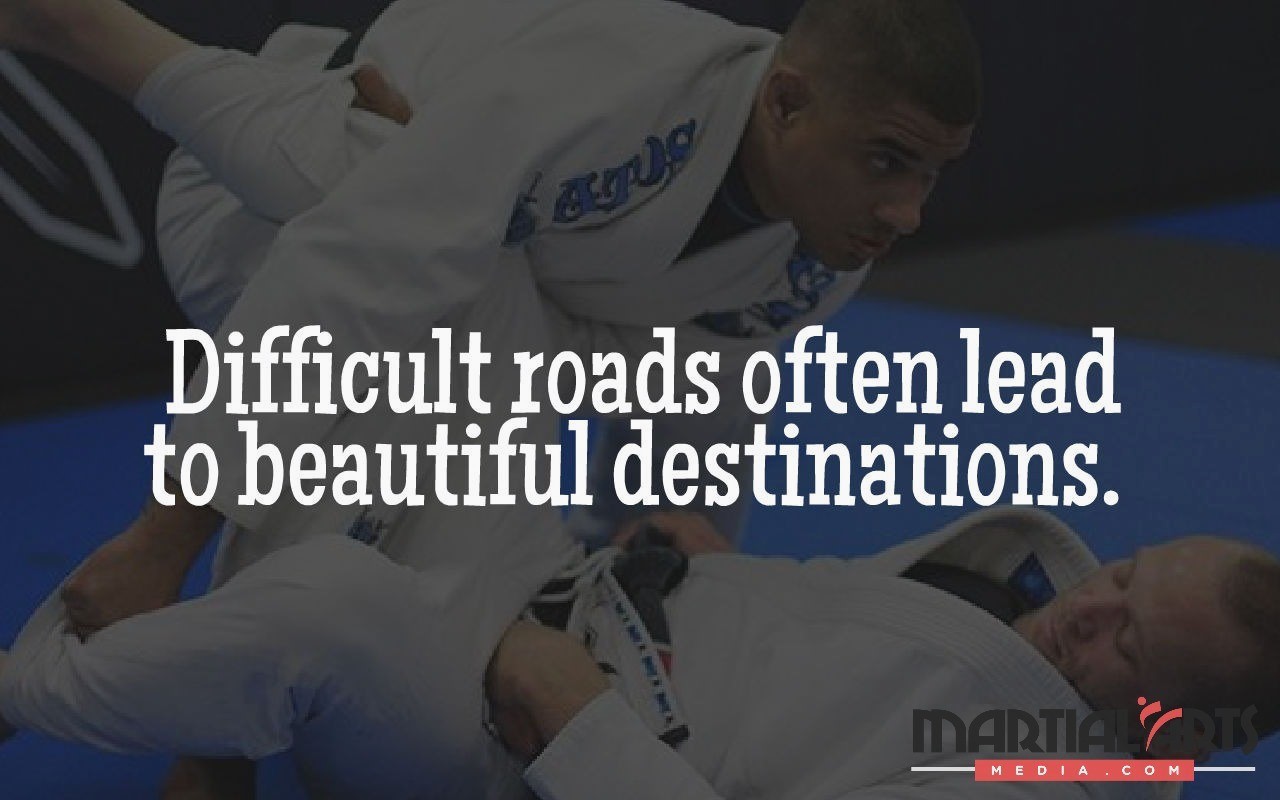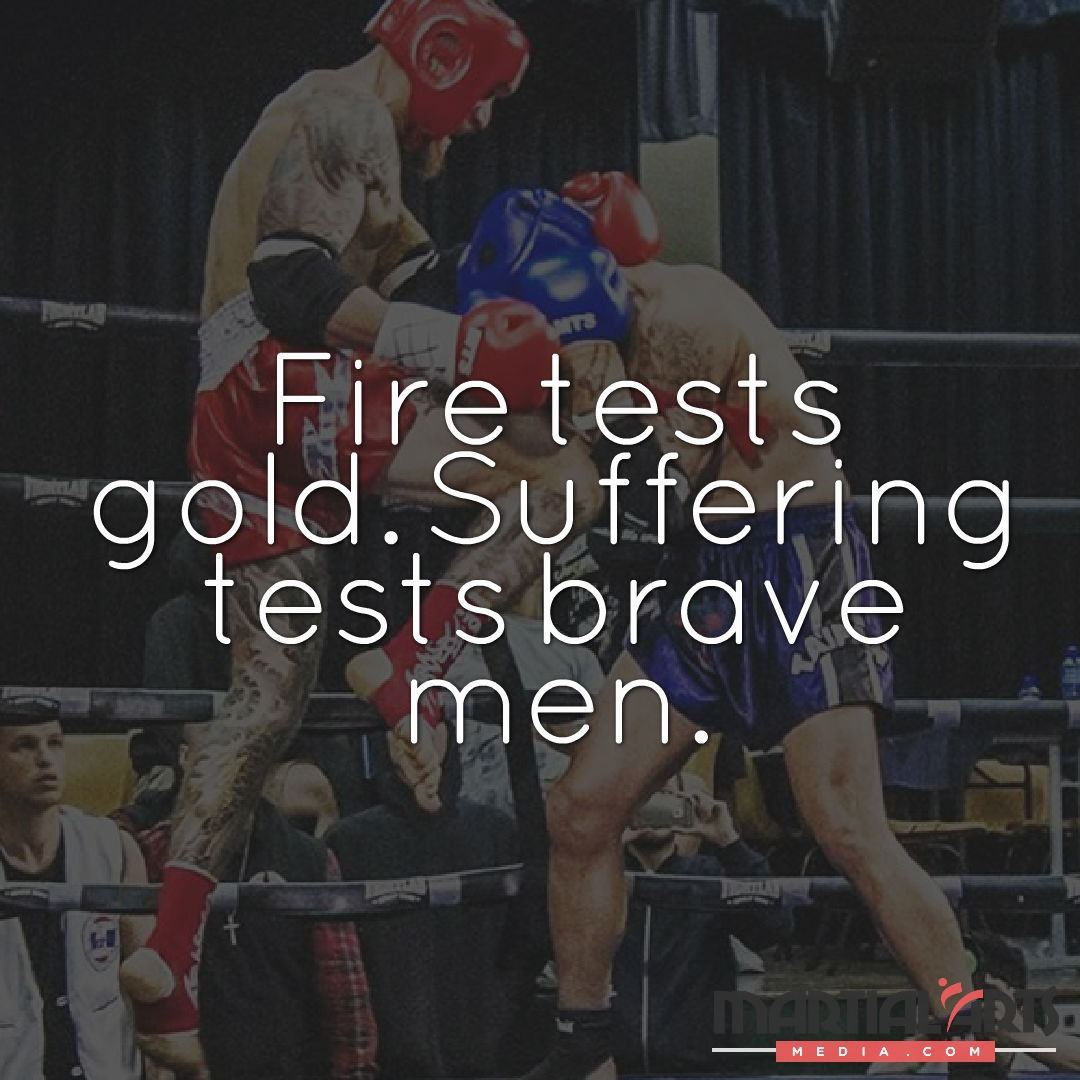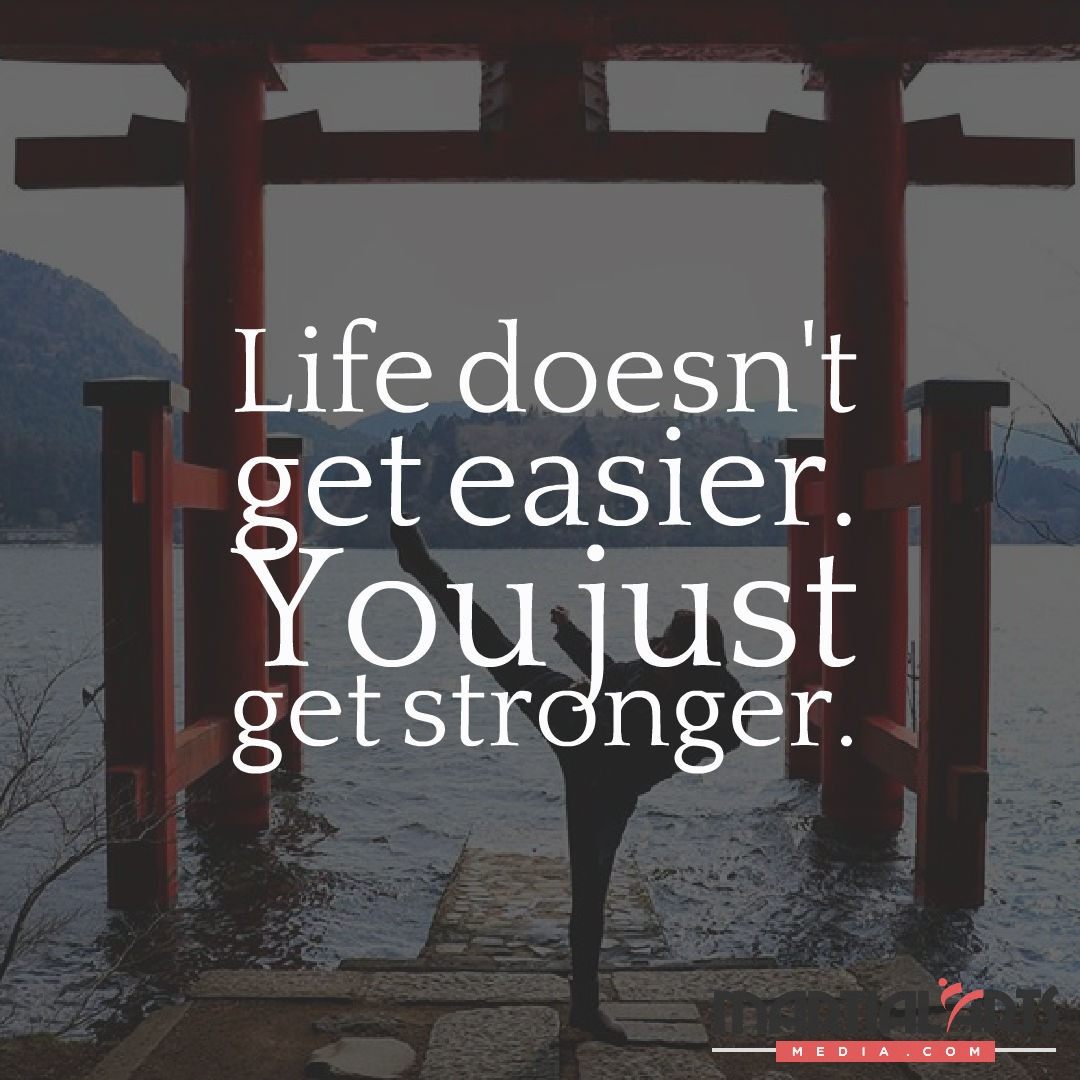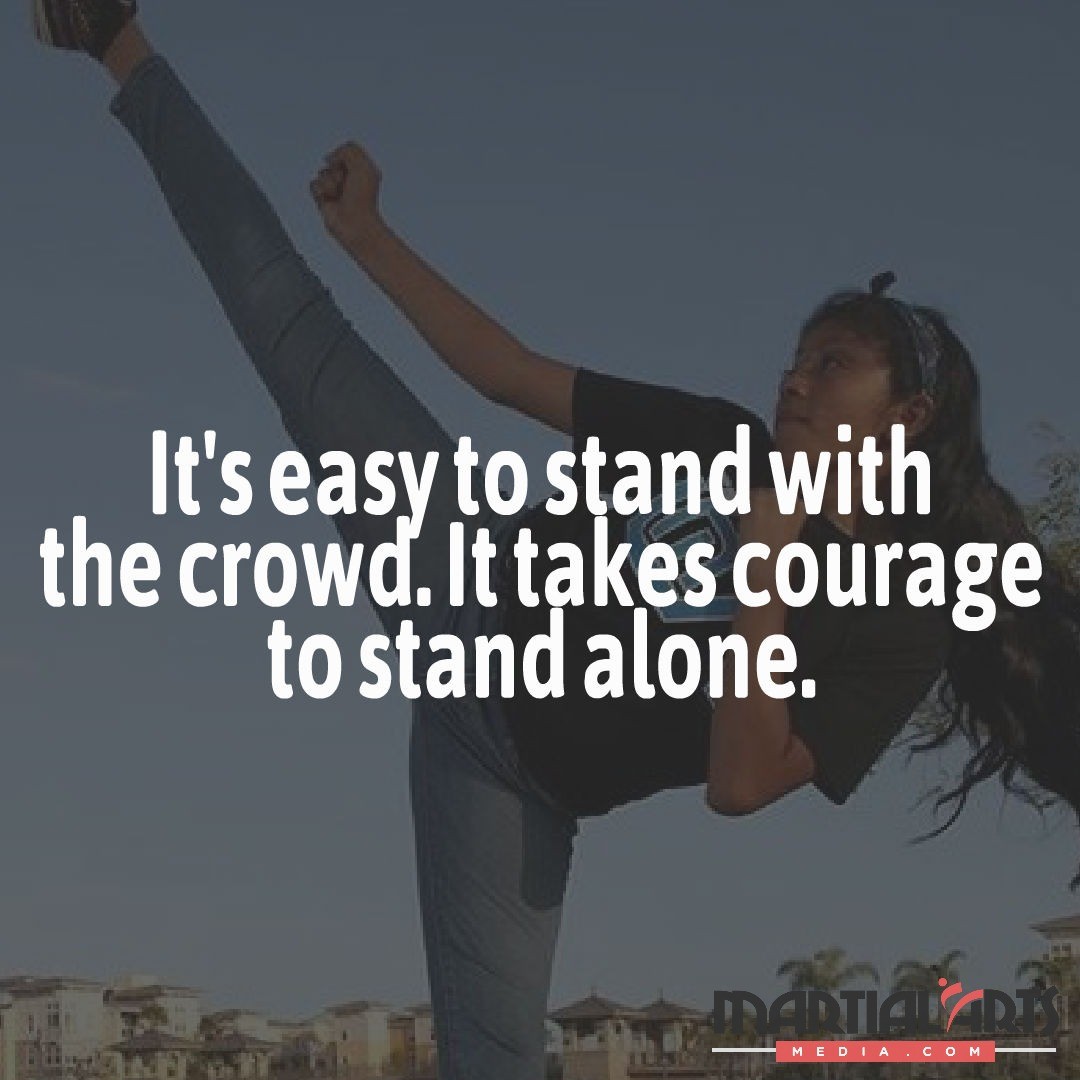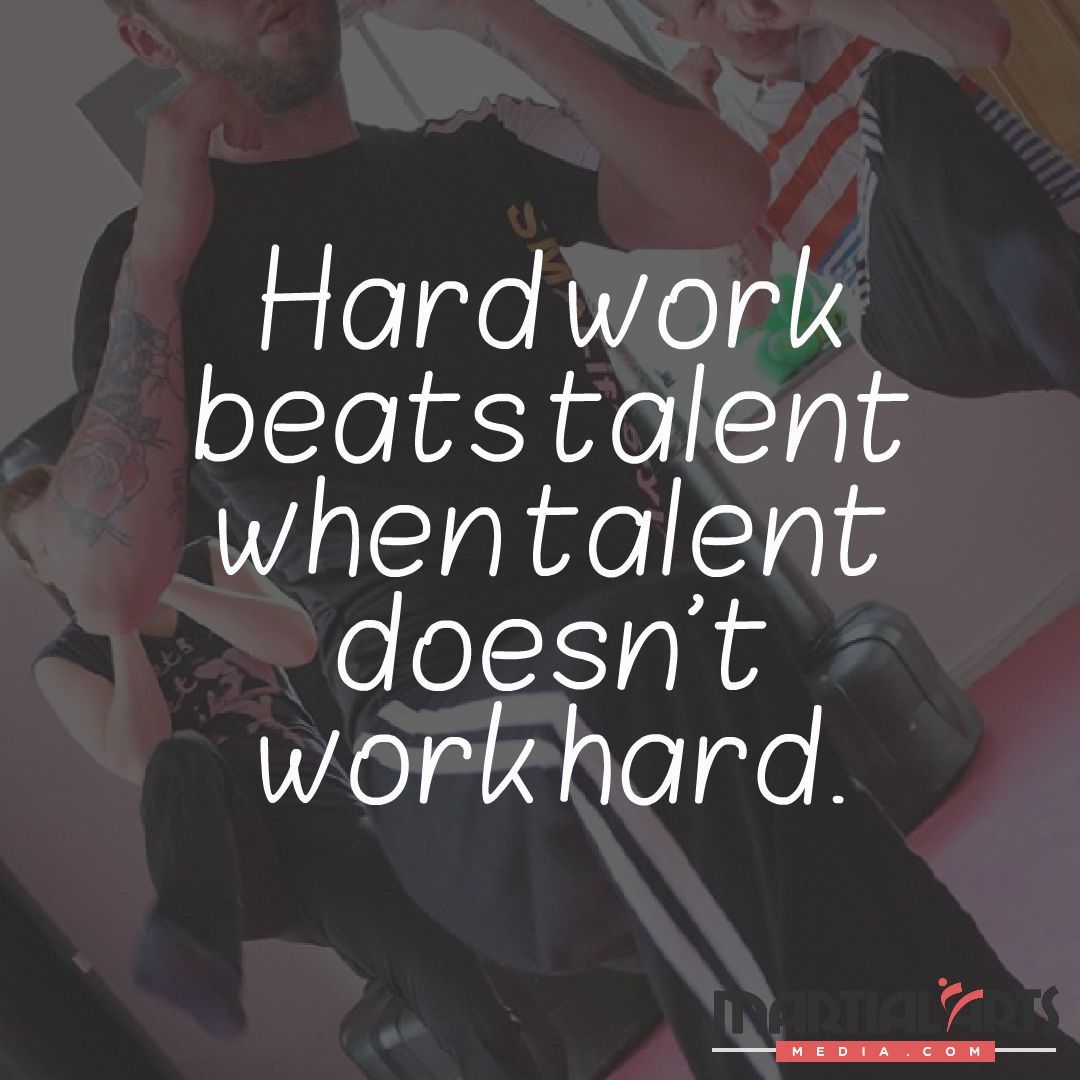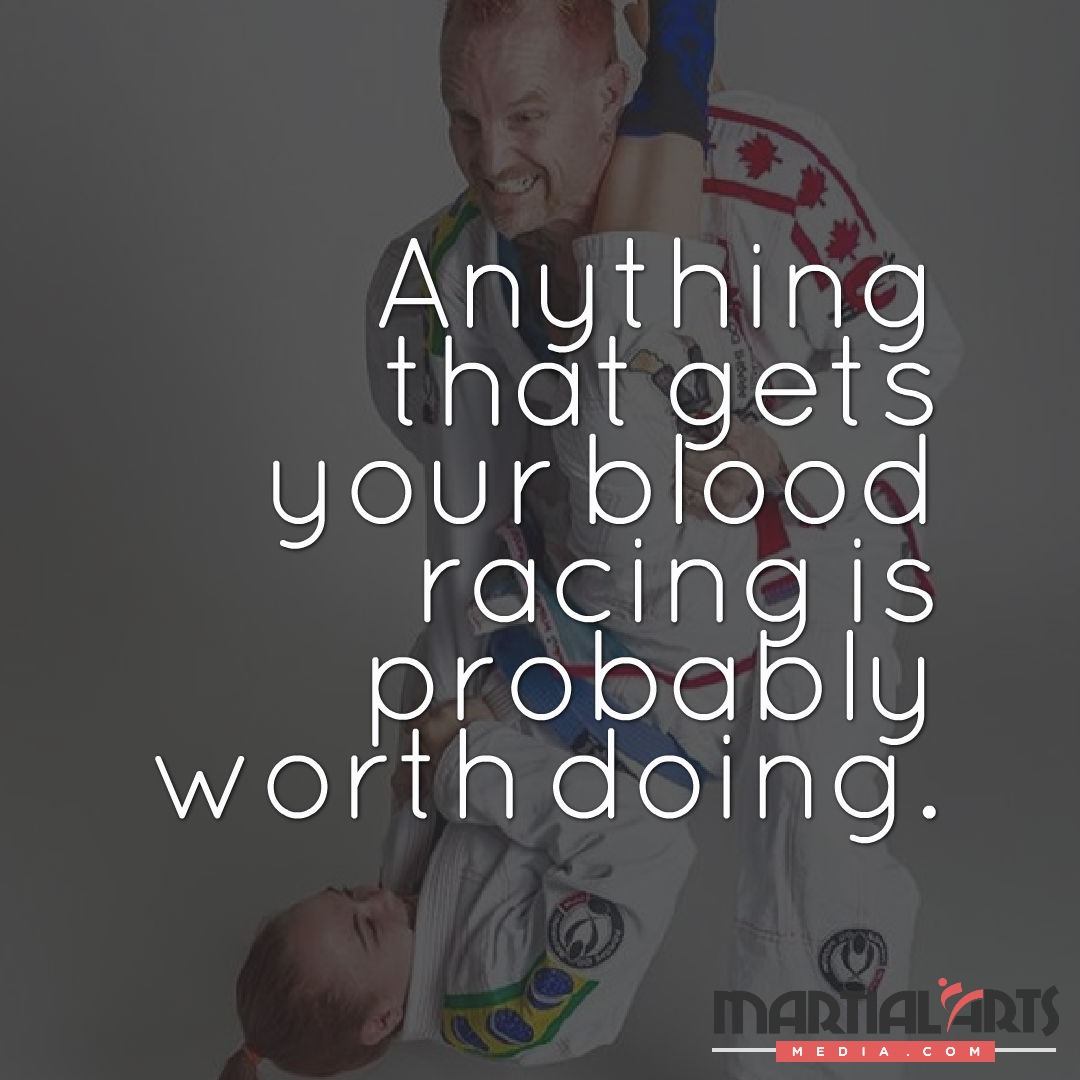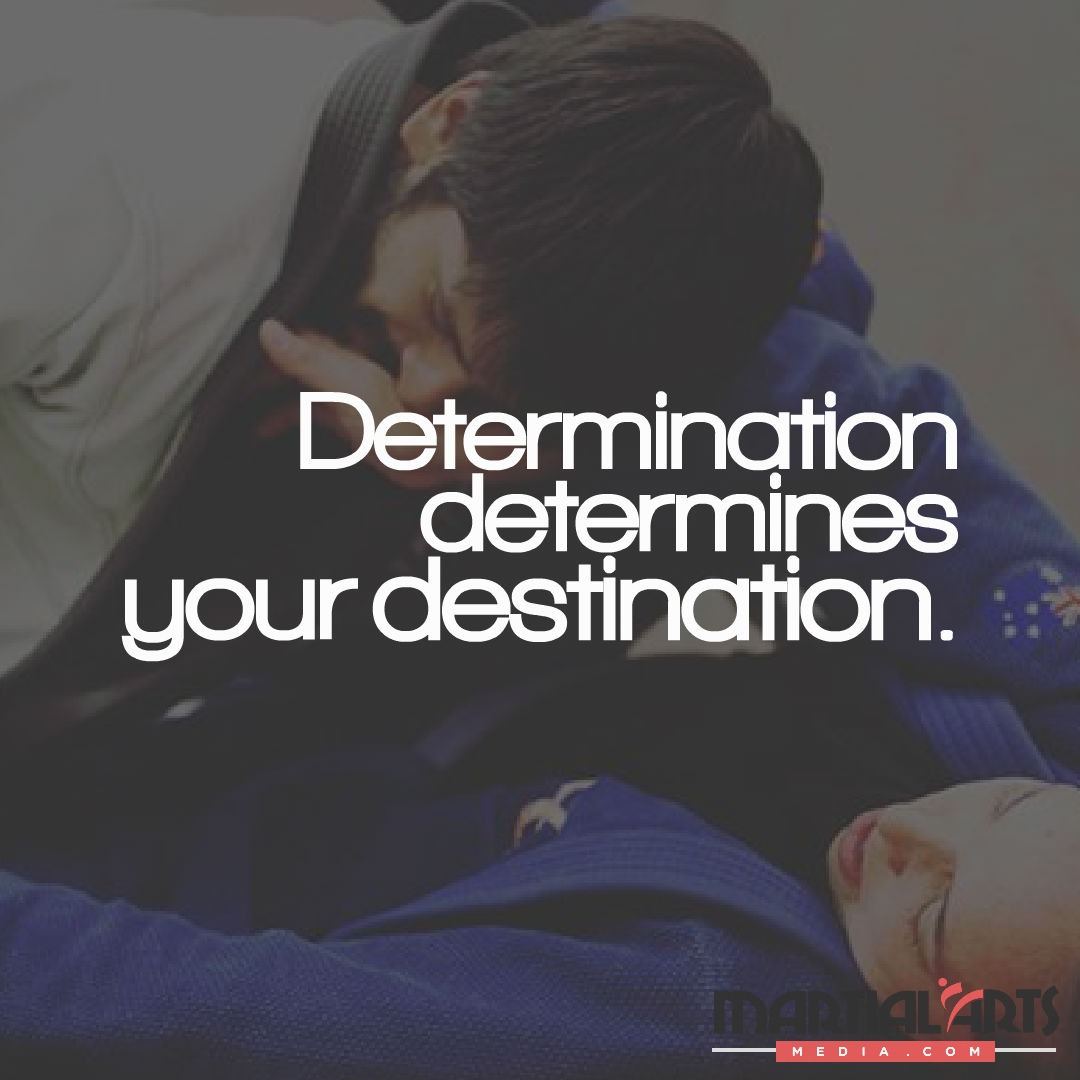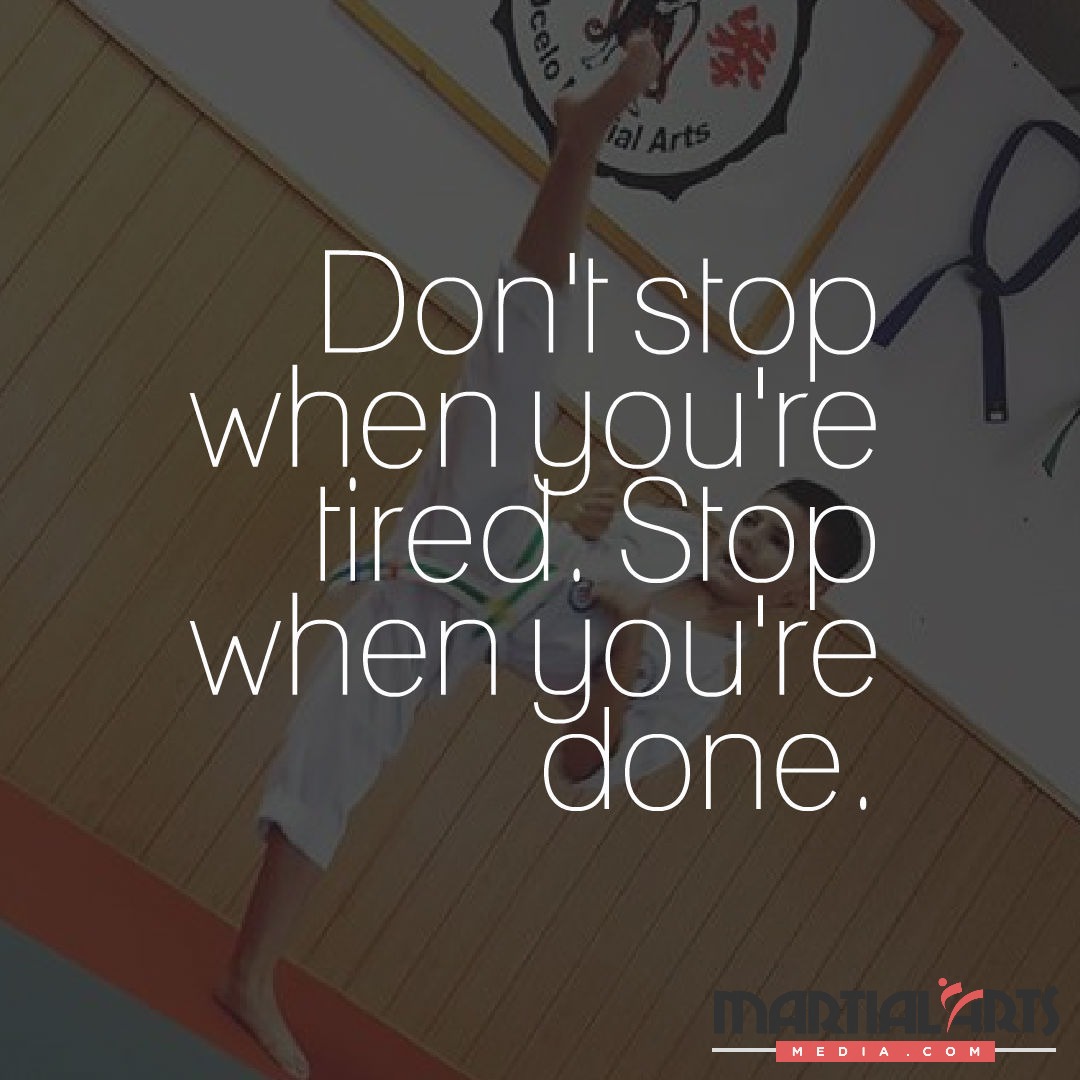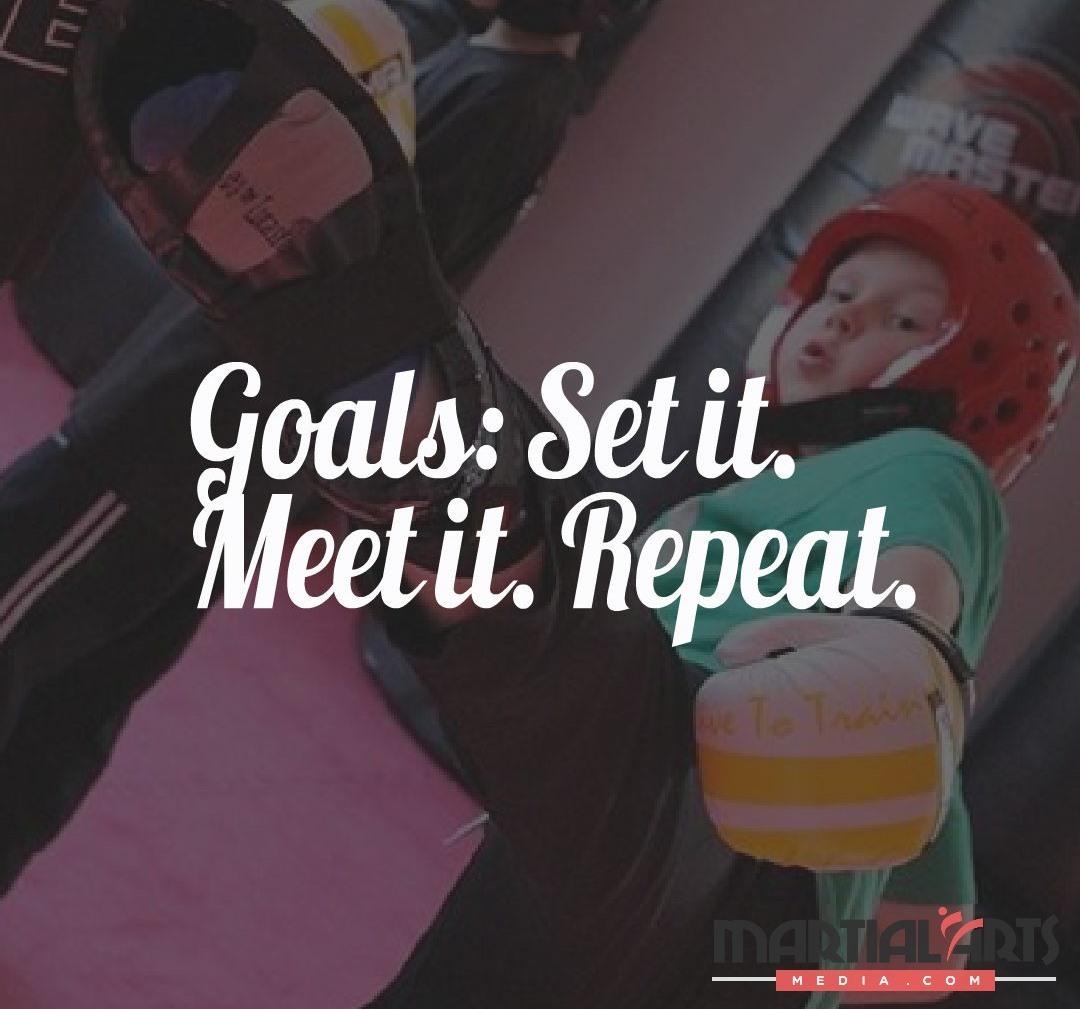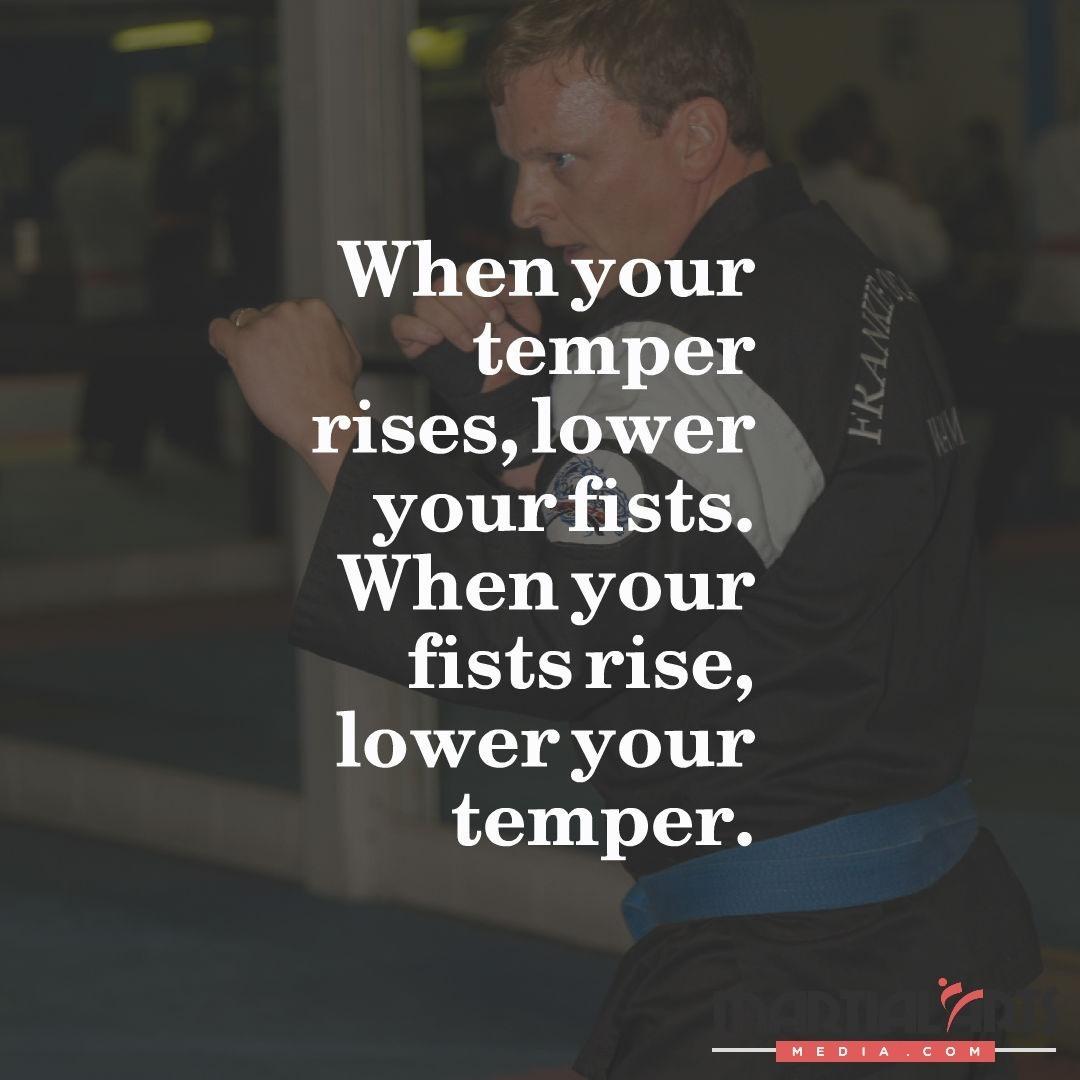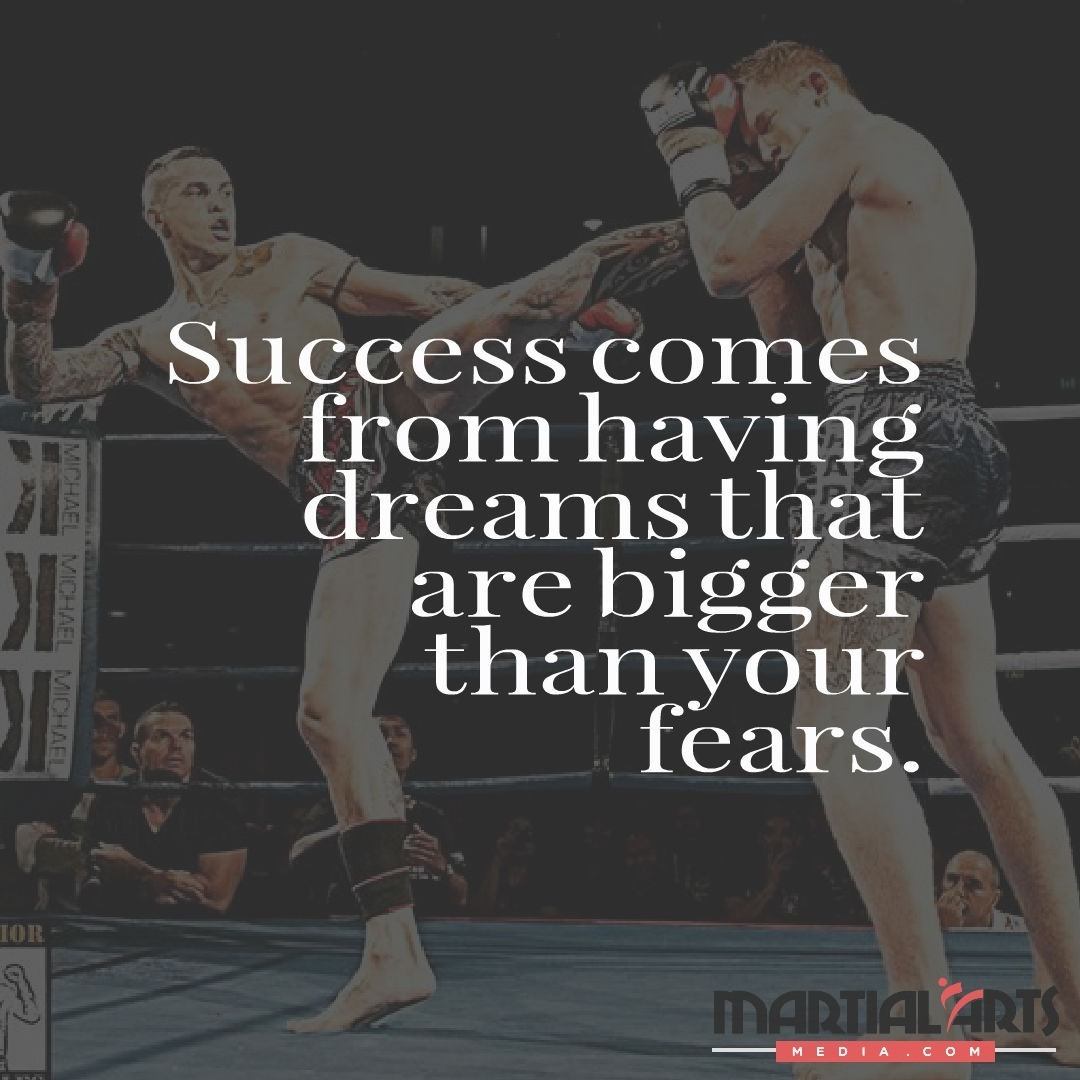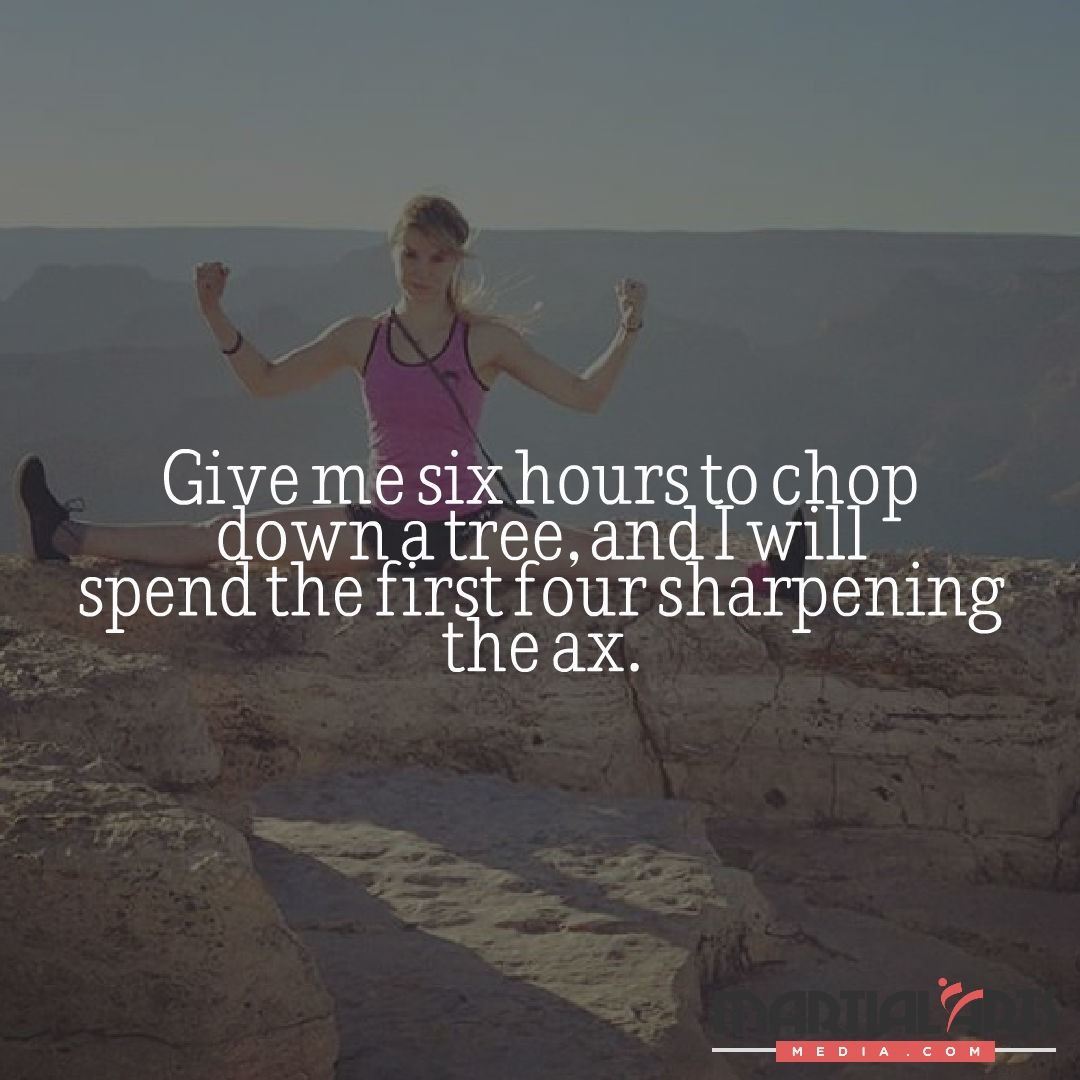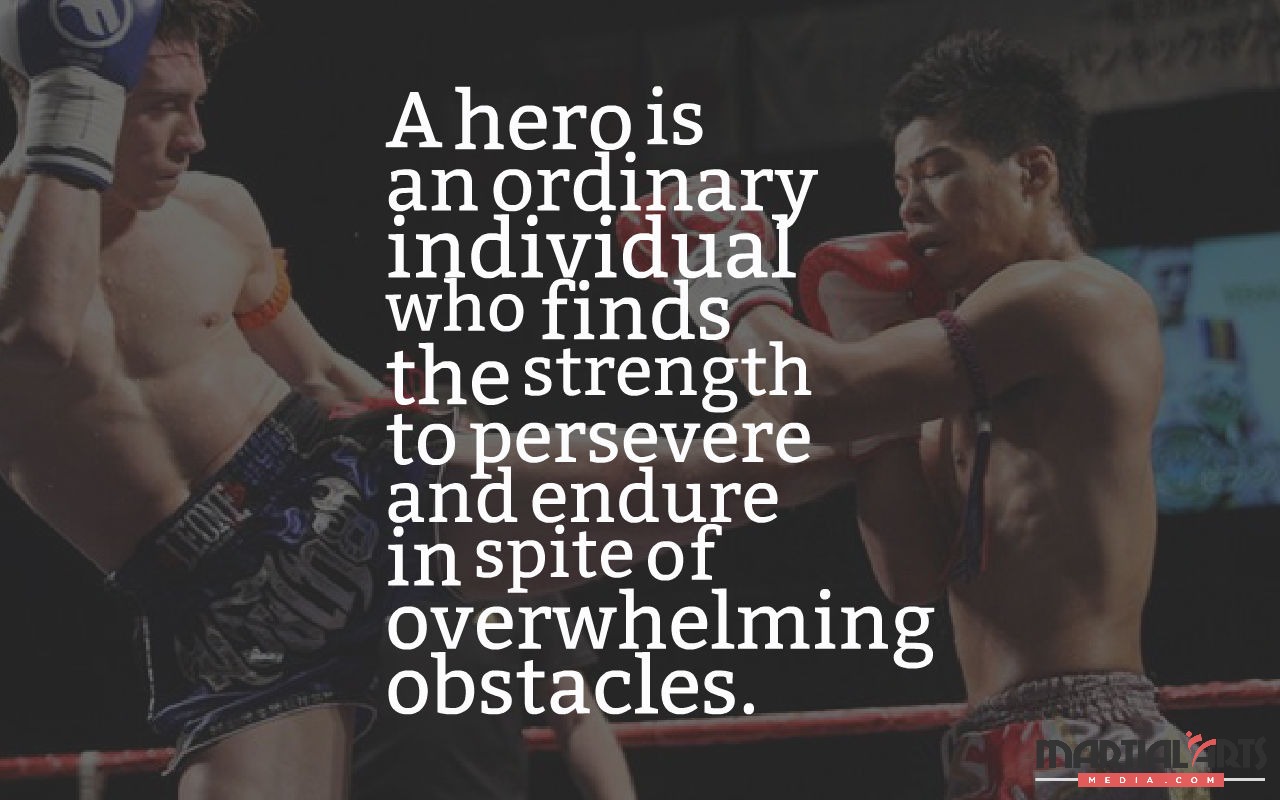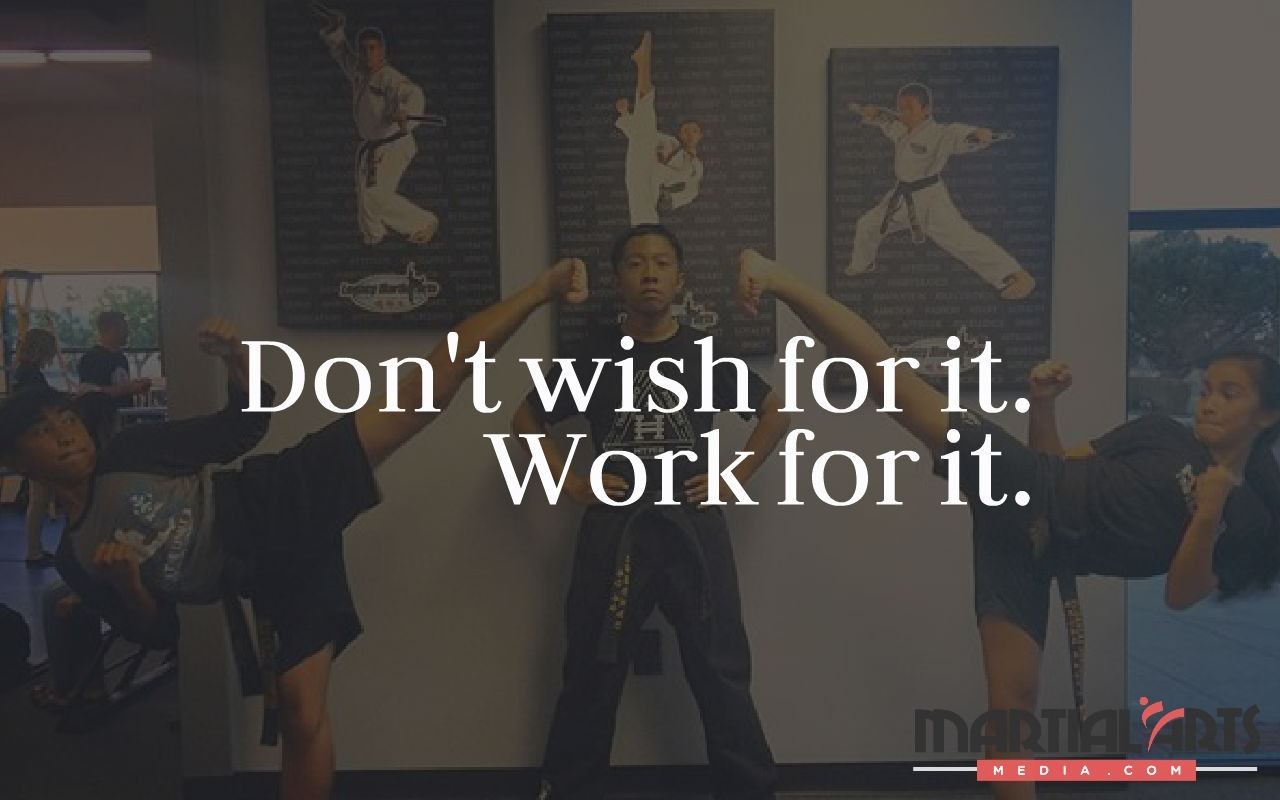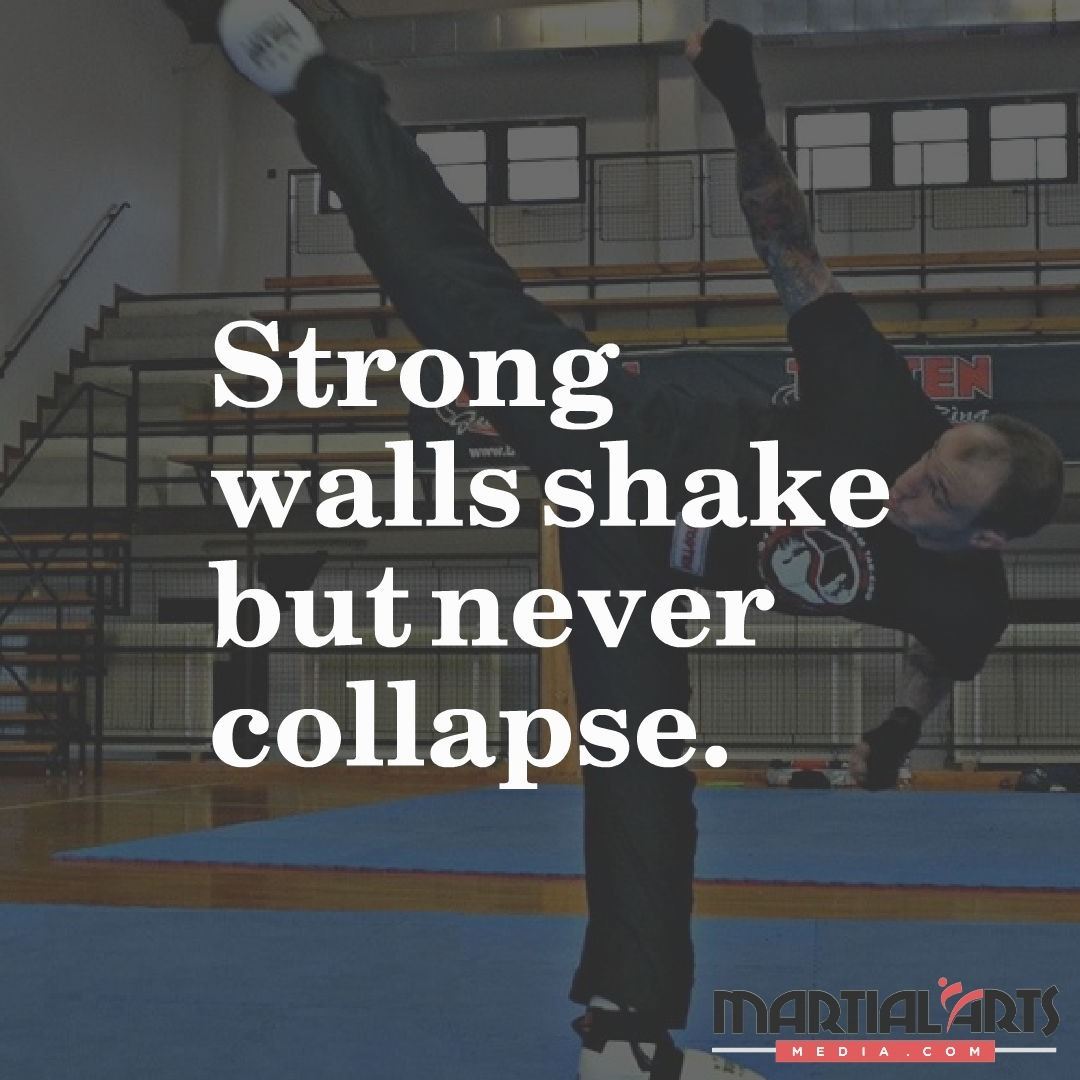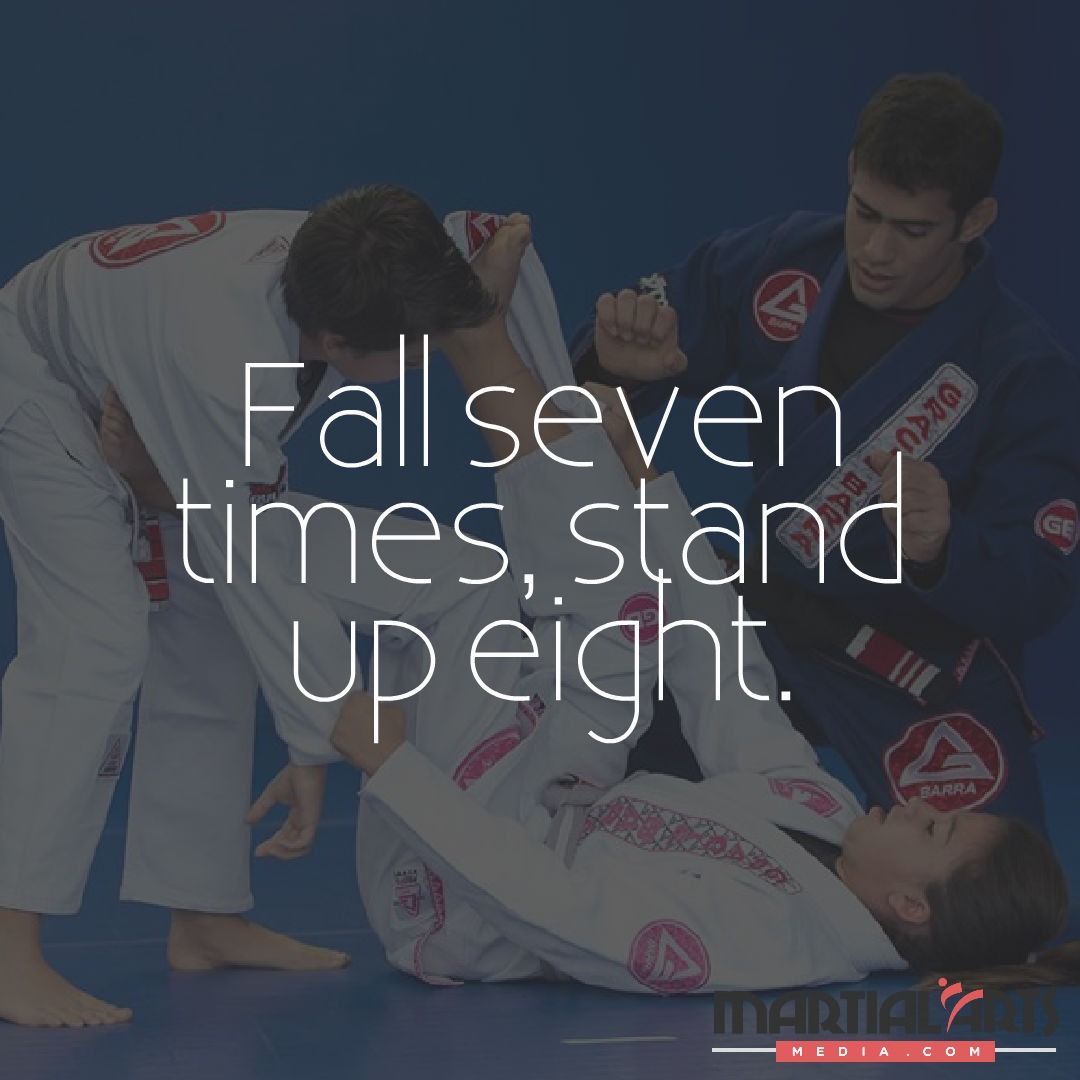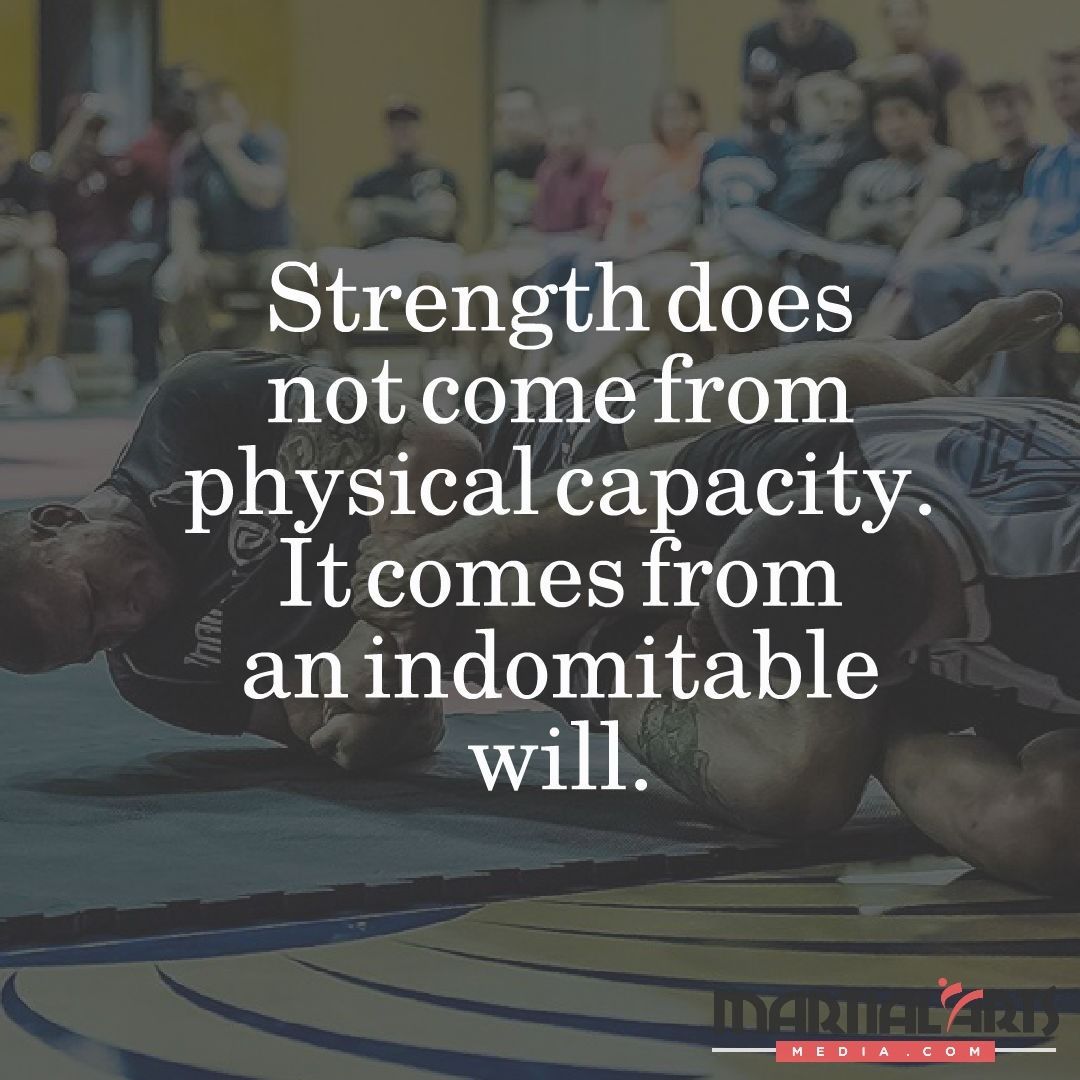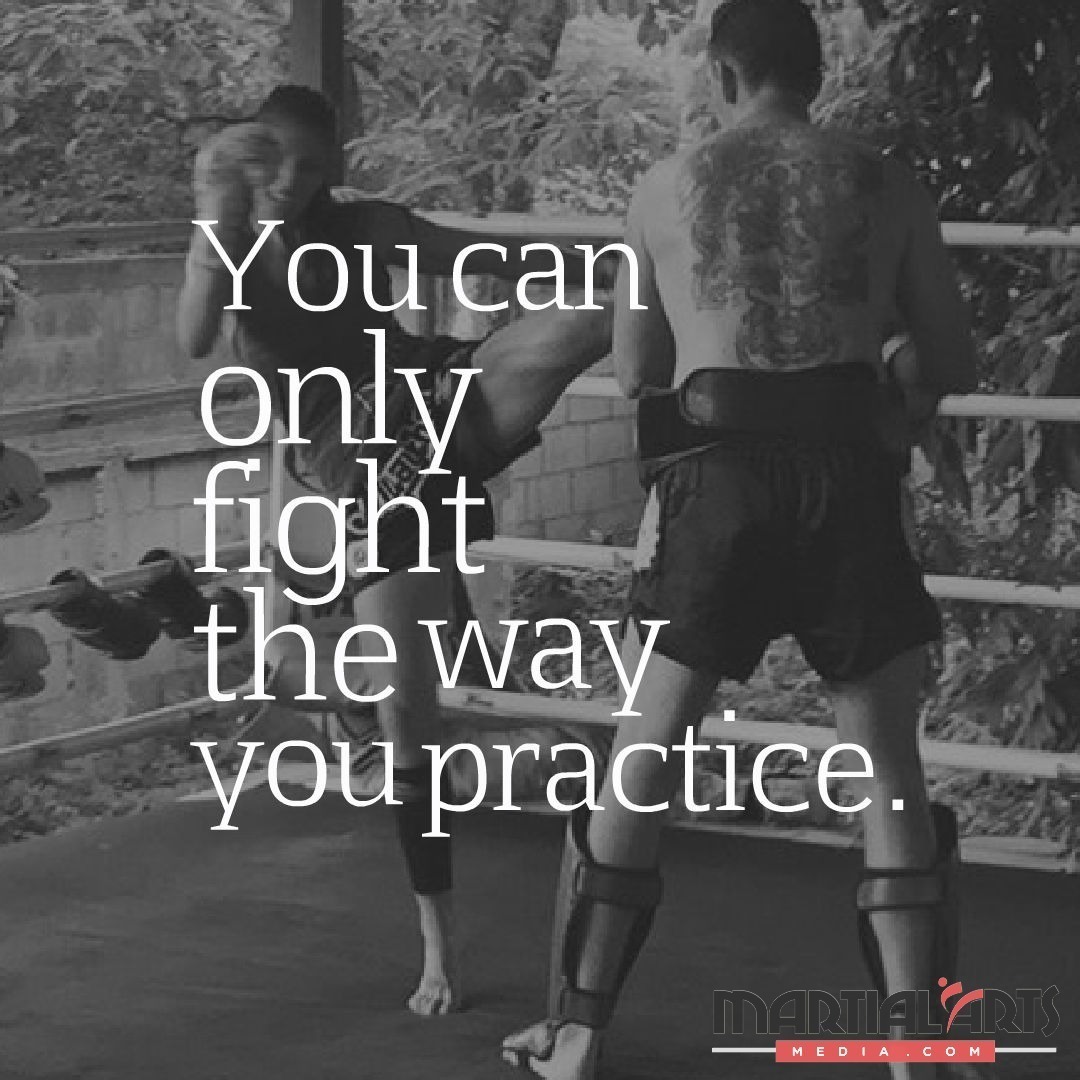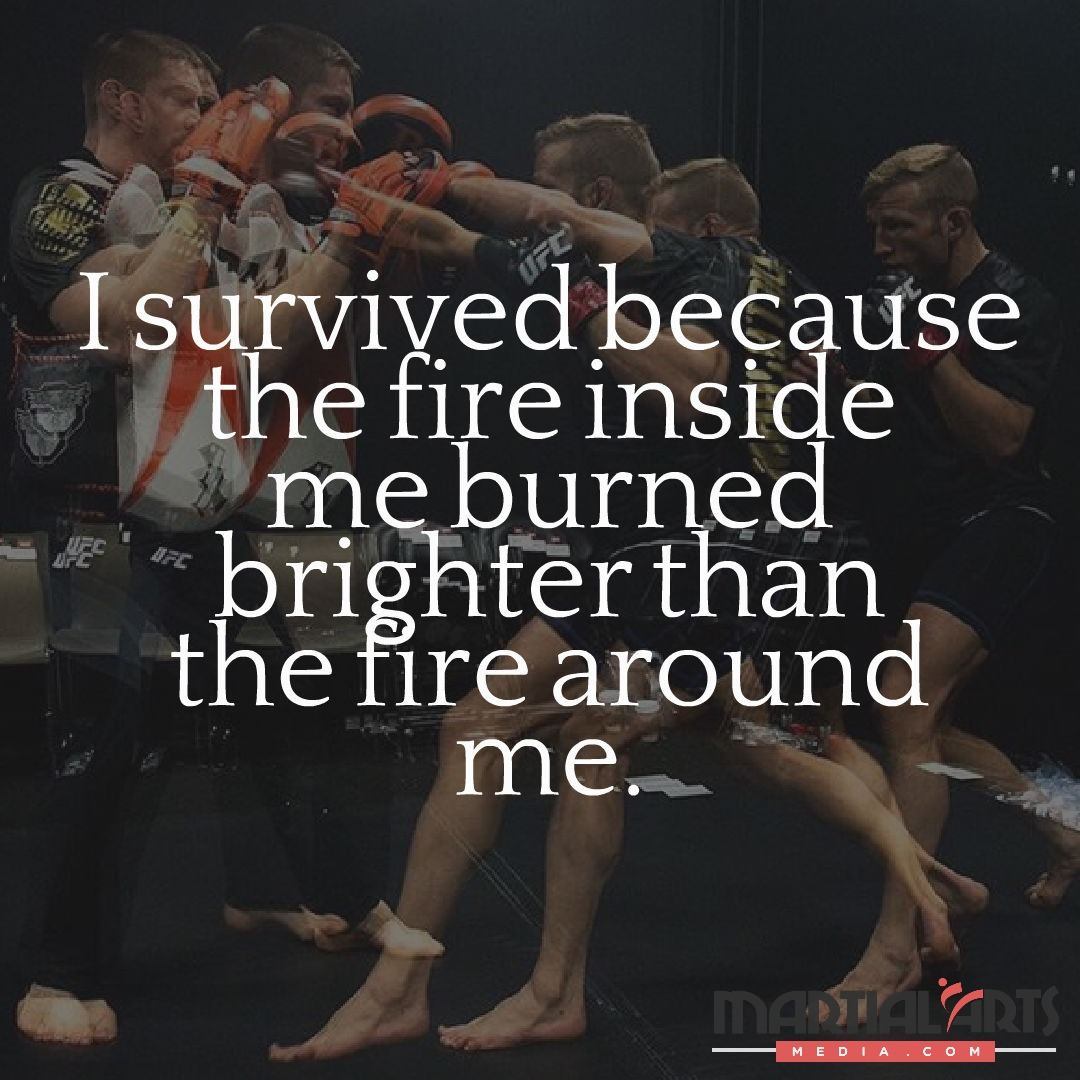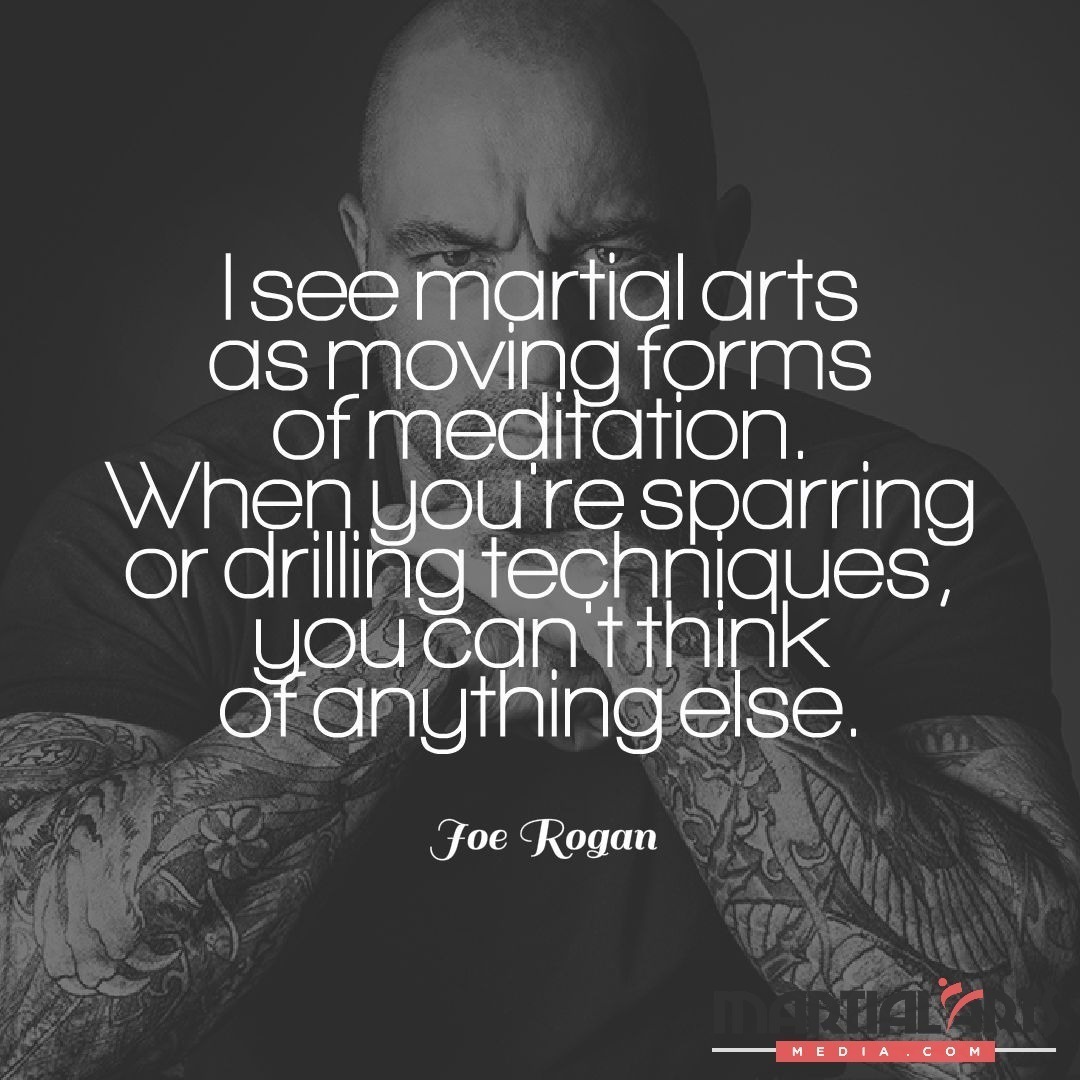When you combine personal development through martial arts, the goals achieved become tangible. Bogdan Rosu's vehicle for this is Wing Chun.
- What led Bogdan Rosu to use martial arts in reaching out people.
- The potential of martial arts for personal development combined with hand-to-hand combat.
- Using concepts of Wing Chun to improve your life.
- Being selective about the students you can and cannot help.
- BONUS PDF DOWNLOAD: 11 Goal Setting Questions to ask your students to reveal their real emotional reasons for starting martial arts.
*Need help growing your martial arts school? Learn More Here.
TRANSCRIPTION
The problem with just doing personal development, for example, is that you just don’t get keeping it in your head. Imagine just reading books, or doing courses or attending seminars – that's great, that information eventually trickles down into your body. However, if you do a concept with your body and you're not just repeating it over and over again. You do it and you integrate it into every cell of your body, that’s totally different.
GEORGE: This podcast episode is the audio version of a video interview that took place on martialartsmedia.com. For the full video interview and to access the questions that we discussed: we discussed questions with Bogdan Rosu, we discussed questions that you can ask your prospect in regards to personal development, but what this does for you? It really helps you get a clear idea of what your prospects’ goals are. And if you know what their goals are, you can tailor make your presentation about your martial arts program based on what their needs are and not just about what your program delivers – big distinction. It will make more sense in the interview.
So to download those questions and the transcript, please go to martilartsmedia.com/55. Here's the interview – enjoy!
GEORGE: Good day, this is George Fourie and welcome to another Martial Arts Media business podcast. Today, I have with me – and I’m 100% confident I’m going to say this 100% right: Bogdan Rosu.
BOGDAN: That was actually pretty good.
GEORGE: Bogdan Rosu – did I get the “R” right?
BOGDAN: Yeah, yeah, actually the -su was like, it’s a bit unusual. Hi everyone, thanks for the invite.
GEORGE: Awesome. So quick introduction – and while I’m going to let Bogdan do most of the introduction, but Bogdan invited me to his podcast a couple of weeks back, Personal Development Through Martial Arts. And you can find that on addicted2wingchun.com. And it’s addicted with the number 2. So we’re going to touch a bit of that, on the personal development side within martial arts, within martial arts training as well, and just going to really have a chat, have some fun and learn more about Bogdan and what happens in the wonderful world of Romania? So officially – welcome!
BOGDAN: Thanks for the invite and like I mentioned earlier, it’s very nice to see you again. I’m excited to sit down and talk martial arts, personal development and marketing. Yeah.
GEORGE: Sounds good, all right. So first and foremost – who is Bogdan Rosu?
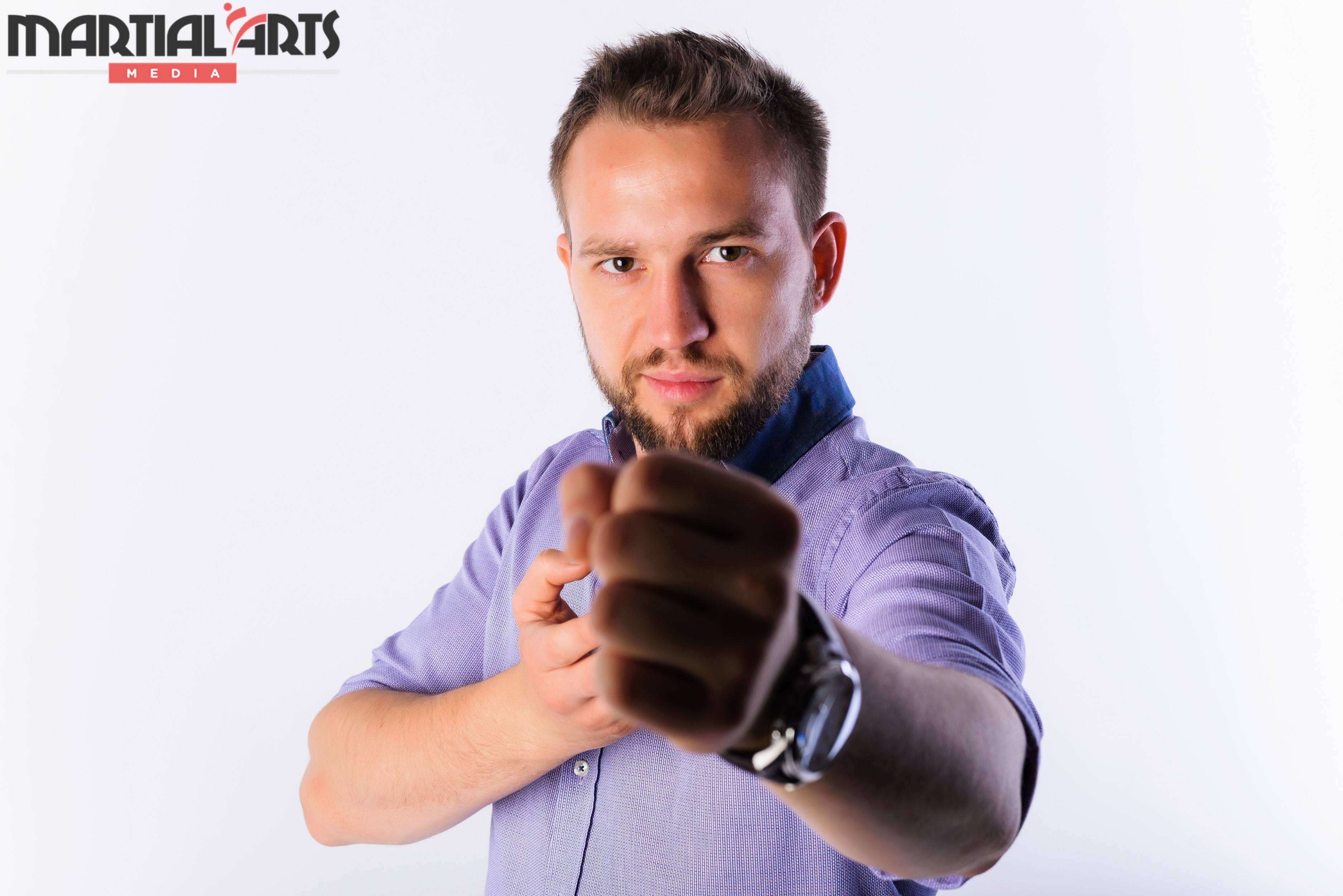
BOGDAN: I’m just a guy, you know, I’ve been doing martial arts since I was like 13 and the primary reason was because I just wanted to be a bit more self-confident and learn a bit more about people, I was horrible with people. Because for example, in the 5th grade, I was voted as being the most annoying, obnoxious kid in class and that was a bit weird for me because I love people so much and I just didn't understand why this stuff was happening.
But somehow I felt that it was because of me feeling really insecure. So I started my martial arts journey when I was 13 and in my 2nd year of college, I discovered personal development and I noticed that there was a really interesting connection between the two, in the sense that, what one was missing, the other can provide. So that's how this thing got started.
GEORGE: So – on personal development, right? So what actually led you to personal development? I mean, you're saying that you were feeling labelled most annoying kid in the class, although you're thinking you were probably just trying to reach out and connect. And then you said you discovered personal development, so, is that what sort of was the path to get you to say, well, there are some things I need to improve myself.
BOGDAN: Somehow, I mean, when I discover personal development, I had been doing martial arts for seven years. I started with this acrobatic style of martial arts and it was funny because the flyer said, “Learn karate, ninjutsu, judo, aikido…” and three or four other styles of martial arts and they were all taught by the same guy. And you can imagine the level of expertise. But he was good, he was a really good fighter. We ended up doing a lot of ground fighting, which was fun and a lot of flex, you know, a lot of acrobatic stuff. But I still don't know how to defend myself and I was so scared of the idea of confrontation, of physical confrontation, especially in the street.
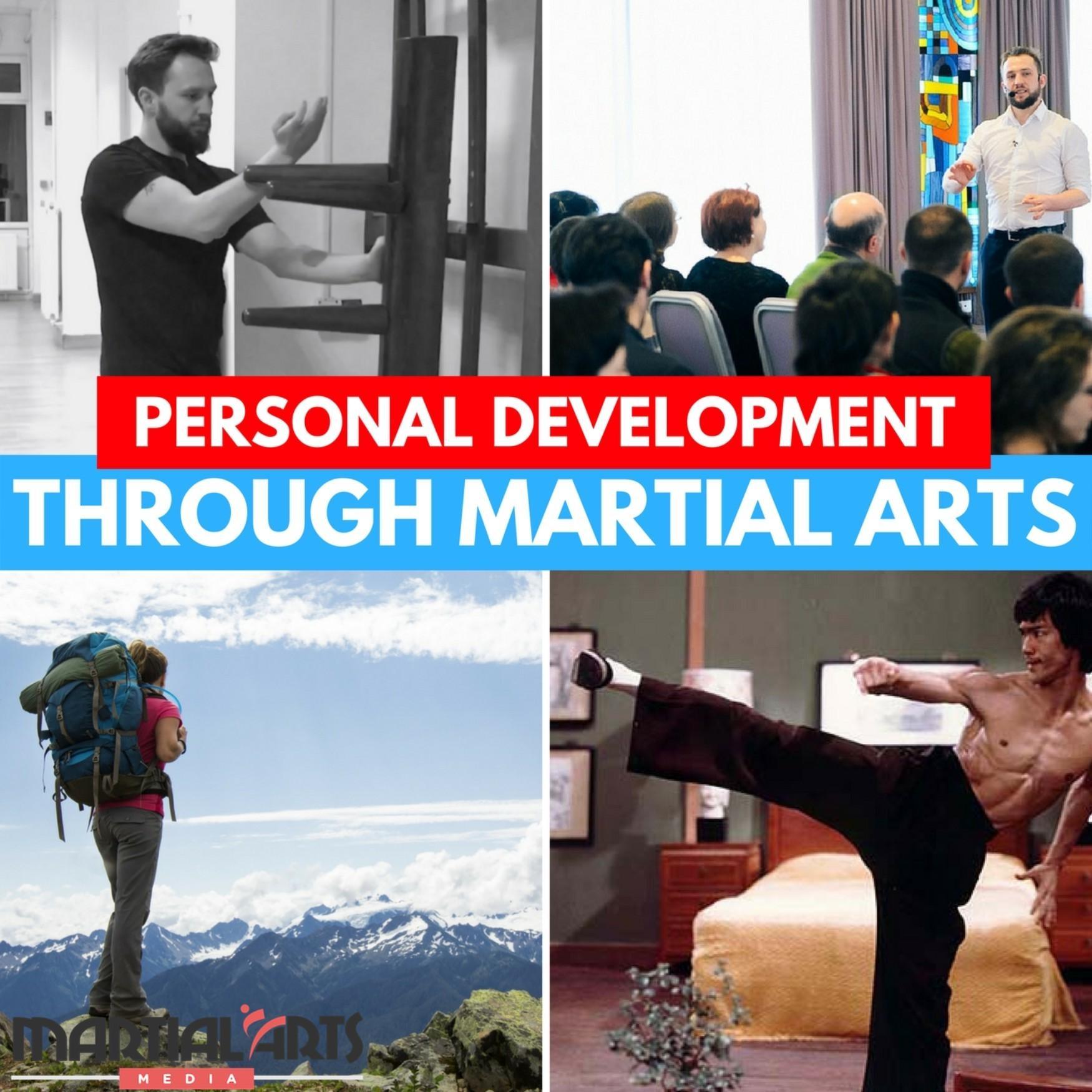
And three years later, I switched to Shotokan karate and that's where I learned the values of working really, really hard. And reaching that point where you say, OK, I can’t do it anymore, I just need to go beyond that. And after three years of doing that, I felt a lot stronger. My posture changed, but I still felt very insecure. I still felt that my self-worth was close to nothing, I was still comparing myself to other people. And personal development came in the form of network marketing. A friend said, dude, you need to do this, you need to start doing this and I did it more for just having a side income, just to make a bit more money. Which did not happen of course. But I really got passionate about personal development when I started reading these books and these concepts, these ideas, really shaped me in the following years.
GEORGE: Interesting that you say that because network marketing was my stepping stone into the online business world.
BOGDAN: Really?
GEORGE: Yeah, that's what got me started. I know there are many perceptions about it: it’s a scam and it’s this and this, and there’s definitely a lot of that, and especially now that the bitcoin phase is happening and cryptocurrency, it really sticks out and it’s annoying. But I was part of the network marketing industry for a long time and what I find is – and this is what happens with a lot of people that get into that is, it is their first stepping stone into business. They normally try it, achieve a little success, or nothing, but it opens the mind to, Hang on – I can provide for myself, I can create this business. So it does leave a good groundwork for business skills, the start of business, being in business.
BOGDAN: Absolutely.
GEORGE: And then, of course, the personal development that goes with it.
BOGDAN: Absolutely, absolutely. And this whole idea of sitting down with someone and making an offer is hugely intimidating for a lot of people and yeah, you know, the problem was back then that I wasn't really aware of the fact that when you're making an offer, you shouldn't really be pushy. I was super pushy with people. But now we know better.
GEORGE: Cool, so let’s define, OK? I get to the personal development with martial arts. But let’s fill that gap in between that first. So you got into personal development – what exactly did you start doing that had the biggest impact on your life?
BOGDAN: From personal development or from martial arts?
GEORGE: Personal development, yeah. Because you were already in martial arts, right? So martial arts was there and your next thing was to start developing yourself, so how did that sort of transition I guess and then what did you actually do?
BOGDAN: To be honest, it actually started making more sense years later, because you're getting all these books, you're getting the information, but until you have also the experiences to use that information and consolidate them, it’s really not worth much. So I didn't see any kind of change in terms of my self-confidence, until I started teaching it, to be honest. And that's… it may sound weird to a lot of people, why do you teach stuff that you don't 100% own? Well, that was exactly the reason why, because I wanted to learn these concepts and own them, so I felt that by teaching them, it would really help me do that and it did. And that's when all of these concepts made sense. I’m still teaching stuff that I want to learn and master, or at least get better at it.
GEORGE: Yeah, for sure. Because that's the progression of life, right? I think it’s always important to pay credit where credit is due, there's nothing more frustrating or me when intellectual property just gets passed around like… you learn something and then you pass it on as your own, but I think for the most, people can see through that. But I mean, content creation like what we’re doing here with podcasts, a lot of that is actually educating yourself on the go. Sometimes it’s from experience, but as you say, the other part of it is, it’s something you want to be better at. So the minute you start articulating it into words, you actually start getting the better understanding of what it is that you do.
BOGDAN: Yeah, yeah, yeah. Yeah, I absolutely agree. And a huge turning point in my life was actually learning… I started teaching, I started teaching Wing Chun. That was actually my third martial arts style, I discovered Wing Chun when I moved to Greece to study. And I got my instructor certificate and started teaching. And you probably know, like, working with your clients, the challenges of opening a school when you know nothing about marketing and you're handing out flyers and you're just dealing with all this frustration.
And I sat down with the person who would become my marketing mentor and he asked me about what I was doing. And I told him, look, we do teach martial arts, but we focus a lot on the mindset and on the tools that you can use to better your relationships, to actually have a better relationship with yourself. And he's like, yeah, but you're not just teaching martial arts, are you? You're also teaching personal development. And that was like, that actually makes so much sense. So he was like, why don't you just be open with that in your marketing efforts? And yeah, that made a huge difference. I just put myself out there the way I was and the way that I wanted to help people out.
GEORGE: So can you give an example? I mean, if you're doing a personal development within your martial arts teaching, how do you go about that?
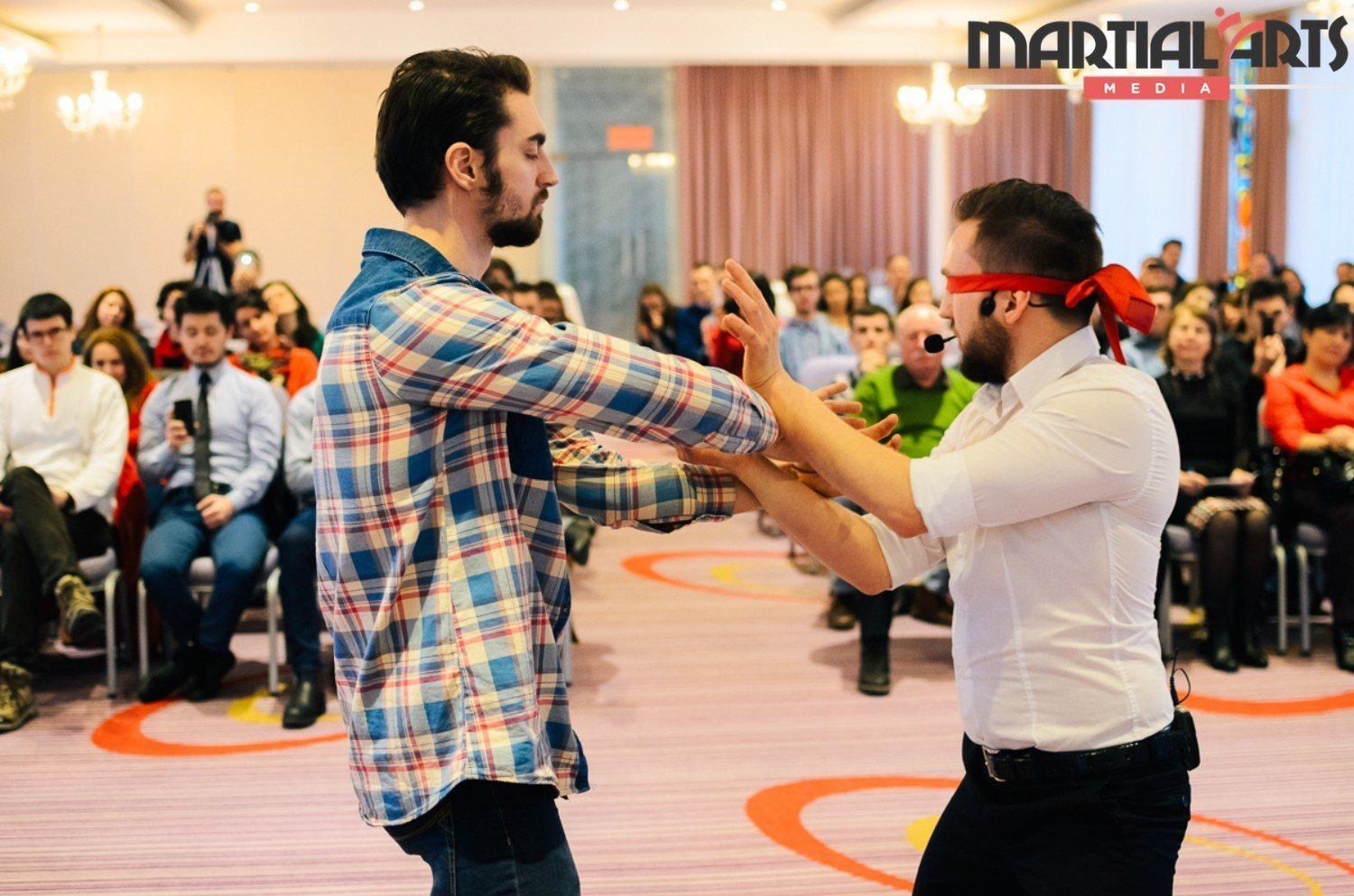
BOGDAN: Mhm. Well, usually we have 5-10 minute discussions every training session. And what I've learned to do now is to allow everyone to speak and I speak at the end. I offer my opinion at the end. And then I ask them, what concepts did you use, or did you find in the Wing Chun training today? What idea is it that you feel you can apply in your life directly? Wing Chun is interesting, because it’s not a technique based on martial art, in the sense of, OK, you do step one, you do step two and you do step three. It’s based on ideas; it’s based on concepts.
So in Wing Chun, we say that you can do an idea with your hand, you can do the same idea with a stick, you can do it with your car, you can apply it in your life, in terms of your relationships, in terms of your work, in terms of business development. One example would be, we use the straight punch, right? When we do the first film, we do a straight punch. For us, it’s not just a straight punch, it’s a way of thinking. Instead of going around, right, to get to my target, I choose the fastest way, all right?
Sometimes the straight line is not always the best solution, sometimes you do need to go around, right? But if you can go straight to the point, just do that, right? So you're learning to be a bit more direct, you're learning to be more assertive with your way of thinking and with who you are as a person. So we normally do that, I get my students thinking of how they can apply these ideas, these concepts to better, not just their lives, but also to share them with other people.
So that's how we basically include the whole personal development. And then in the end, I share some of the stuff that I've learned, some of the books that I've read, the videos that I post on my YouTube channel, there's, the Wing Chun, the specific way we focused on the martial arts and there is the mindset and personal development aspect of the channel.
GEORGE: So if you say you're sharing the same stuff on your social media channels and so forth, is that sort of your leading theme as everything… you tie it in with your marketing, you tie it in with the whole concept of how you deliver everything. Would you promote yourself as a martial arts school or a martial arts school focused on personal development, or vice versa?
BOGDAN: Personal Development Through Martial Arts school.
GEORGE: Right, of course – as you wrote it. So now, bringing it back to… in the class, you say you get people really involved: do you find that it creates some discomfort, or that it presents some confidence issues, I've really got to step this up, that type of thing?
BOGDAN: Are you asking for the students or for the instructors?
GEORGE: The student.
BOGDAN: For the student? Mhm, mhm, that's a great question. Well, they kind of expect it in the sense when they walk in because it’s a whole new concept. So they would expect something a bit different from a traditional martial arts training program, so the people that usually come to the school, actually, they do feel a bit uncomfortable at the beginning, sharing their experiences and talking with the group. But slowly, slowly… the school is very welcoming to new people. So slowly but surely, they get out of a state of a, What should I say, or What if I say something silly. And we just start having a conversation. Usually everyone in the group contributes, says something.
GEORGE: Cool, something silly like swapping martial arts for personal development, instead of personal development for martial arts.
BOGDAN: Yeah, yeah, that's it.
GEORGE: Alright, awesome. Ok, cool, so anything else that you can add with the personal development side and how it’s sort of working for you and I guess results that the students are getting that they might have not expected. You know, the whole thing of, sell them what they want and give them what they need.
BOGDAN: Indeed, mhm.
GEORGE: There we go.
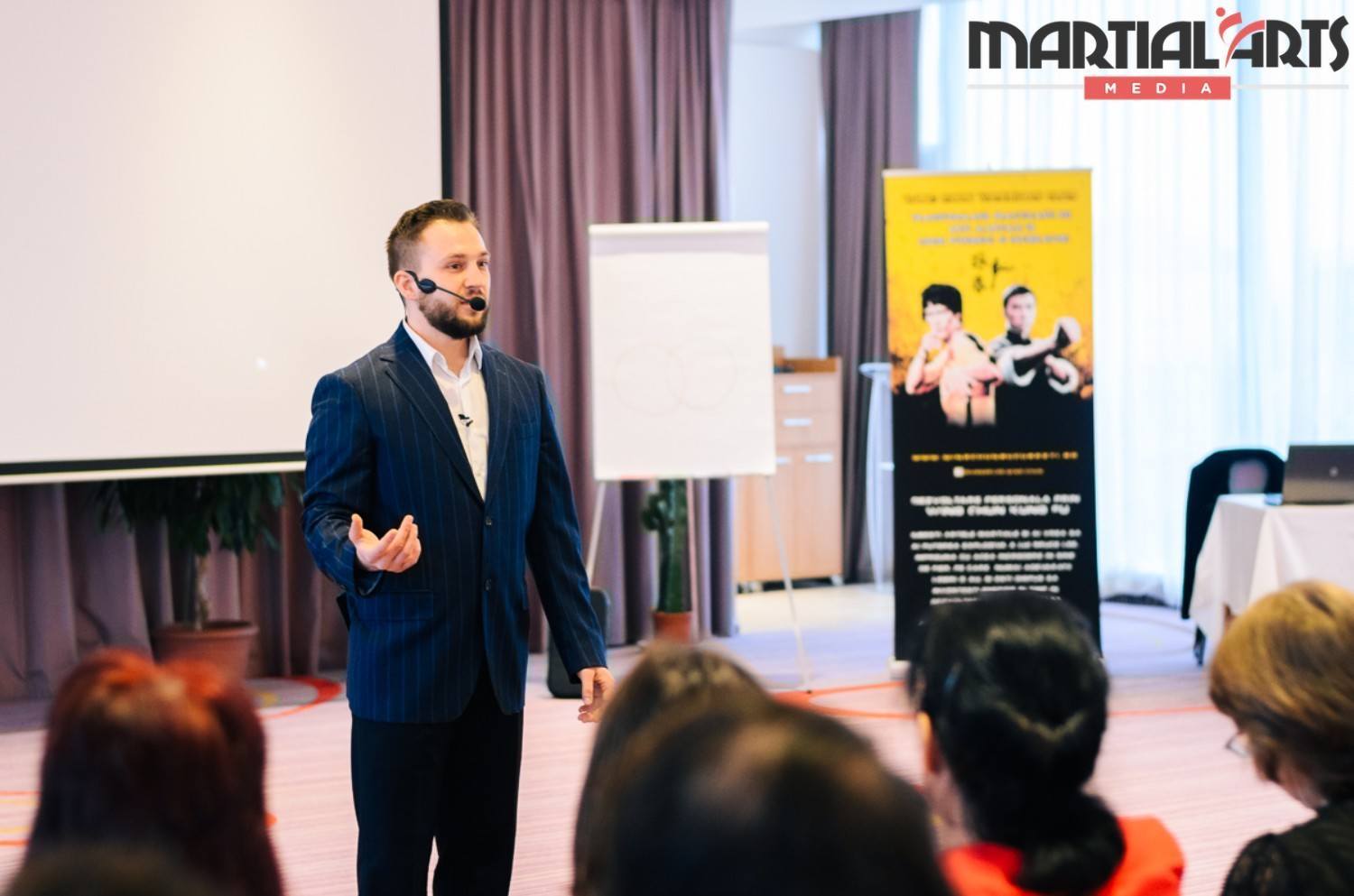
BOGDAN: Well, I personally think that all martial arts schools should include a personal development curriculum in their teachings, in their training. And if you love martial arts and you don't know where to start, a great aspect would be just to have a personal development specialist come once in a while in your school and holds an event, holds a workshop. Maybe somebody who specializes in communication skills, somebody who specializes in performance and productivity. Somebody who specializes in psychology, or something like that right? Or motivation.
I feel that martial arts are like when you're doing martial arts, you're really building a very, very powerful engine, upgrading your engine from, I don't know, an old car with a very powerful Ferrari. And I'm referring to your willpower, you’re really tapping into that, you know, I'm actually stronger than I thought and I can actually take on more than I thought. You're learning hard work.
However, you're not really learning what to do with that engine once you've got it. So by learning about personal development and what are the actual techniques, or how to communicate a lot better or more efficiently with people, you're getting the best of both. The problem with just doing personal development, for example, is that you're just doing it, or you're keeping it in your head. Imagine just reading books or doing courses or attending seminars – that's great, that information eventually trickles down into your body. However, if you do a concept with your body and you're not just repeating it over and over again; you do it and you integrate it into every cell of your body, that's totally different.
For example, confidence: you might learn about confidence, you might hear a very inspirational YouTube video about believing in yourself, but unless you do something with your body and change the way you use it, change the way you use your hands, change the way you use your spine, and the way you use your face, right? He's not really going to understand it.
So, in my crazy opinion, I think all personal development programs should include a physical aspect, more of a physical aspect, be it martial arts, be it fitness, be it, Tai Chi, be it, you know I'm saying that as if Tai Chi were not a martial art – sorry all the Tai Chi instructors listening in. Yeah, so, at the same time, all martial arts programs I think would benefit very much from including a personal development program. And yeah.
GEORGE: I think you hit it there in a huge way because that's really what it is, right? And I mean, you've got your different learning styles, you've got someone might be visual, someone might be auditory and then kinesthetic. So the movements, when you tie it into martial arts, then you're tapping into all the senses. So by turning your, and it could be really subtle, but I guess you've got to have, as an instructor, you've got to have that personal development goal in mind, or a syllabus or something that you follow with that in mind. And then you can apply it in a way that it sinks in and it really becomes part of your body. Body really, as in, yeah.
BOGDAN: Yes, yes.
GEORGE: And I think that's probably, that's the biggest failure in most personal development things, because as you talk about, I think it’s Tony Robbins that actually drew out the statistic, that if – and this is why they've got it, I mean, he's really the guru of gurus when it comes to personal development and they've also got the process down to knowing, obviously when people fall off in their behaviors and when they don't follow through. There's a statistic, and don't quote me on this because I might get it wrong, but I think it’s 21 days, if someone doesn't take action, enforce the habit in 21 days, it’s pretty much gone. And then I think it takes 21 days to actually enforce a habit of day to day before it’s an actual habit. But that's the biggest danger, if it’s not physically applied, then the habit is just easy to let go.
BOGDAN: Yeah, yeah, yeah. That's actually the biggest job of any personal development seminar, workshop or whatever you say. You do it once – if you just do it once, you're never going to integrate all the lessons that you got, right? You might have a notebook full of facts and ideas, but if you just put it somewhere and forget about it in your drawer, it’s not going to work. And I'm saying that to remind myself as well because I attend UBW two years ago, I still have the notebook. But if you don't have the environment, if you don't have a group of people who are all together striving for the same goal, or reinforcing those specific habits, it’s going to be very difficult for you to do so.
GEORGE: So for me when I started martial arts – and this was really like, if I dig down to the deeper things of why I started, this was a big thing, because I've always been striving for that self-improvement thing, doing personal development and then, for me it was really backwards. When I started martial arts training, I immediately made the link, which is what hooked me, because I've been studying, doing all this personal development stuff and now I'm applying things in a physical manner, and now it’s like aaa! This is great, this is coming together for me.
BOGDAN: Yes, yes.
GEORGE: But what happens when the mind is not ready? Because a lot of people aren't open to personal development. Do you just not hammer it in, but you just subtly actually apply it in the way you go about your teaching?
BOGDAN: You know, usually, the people who say that they don't need personal development are the people who need it the most. So I tend not to work with people who don't see the value of personal development. I did that in the past and it just felt weird for me, because I felt I couldn't give my all in the interactions with my students and I actually chose to say, you know, maybe this is not a good fit and let’s find a different solution.
So yeah, not everybody will need or want what you have and that's great, but the people who do see the value, you tend to see like a very, very interesting evolution. Not just in terms of their self-confidence, you see it in your lives, yeah. Yeah, some people became… Since they started training with us, they became their team leaders, they got promoted at their jobs, people are making more money. People who were not in relationships actually, they're happily married now. People who were in miserable relationships have cleaned that out of their lives, so these are some of the results that people are getting through the program.
GEORGE: So would you, you were mentioning that you don’t work with people that aren't on that mindset, that don't want to go down that route, which is obviously a good thing, saves you a lot of time down the line – how do you go about filtering people out before they get started?
BOGDAN: So people usually fill in a form. It’s a pretty long form, it’s like a 12 question form. And they're very personal, very deep questions, like, what do you need and why do you need that? What's holding you back? What would your life look like if you keep doing the same things that you’re doing and that's a filtering process in itself? And people go through this form and then we call them up for a phone interview. If we feel that they're a good fit and we do and we can help them out, we schedule them for a trial period for a week, where they can see the whole training sessions, we can get to meet them. And then, at the end of the trial period, we decide if we want to take that person on and work together.
GEORGE: So I'm going to put you on the spot.
BOGDAN: Mhm?
GEORGE: Which means I might have to end this podcast. If you're still listening, then… Bogdan said yes. So are we able to take your questions and actually include them in this podcast? As part of a download, with the transcription?
BOGDAN: You could, but I would have to translate them into English. It’s not a secret or anything, you can find this process anywhere. You can use this process for selling very high tech procedures as well or programs as well, it’s the same thing. Yeah, yeah, sure, you can include it as a PDF.
GEORGE: Awesome. And if you are listening to this and you are not focused on personal development, the reason I want you to have something like this is because, whether personal development or not, if you tap into your persons’ real – let’s take the martial arts out of it, we've talked about this. Martial arts is the vehicle to get them where they want.
BOGDAN: Yes.
GEORGE: You're not selling the martial arts training; you're selling the result that martial arts deliver.
BOGDAN: Yes.
GEORGE: So if your questions are provoking their thoughts of understanding what people really want, even if personal development is not your focus at all, but understanding what the real motives are for what this person wants to achieve, could be something that you could use in your own school and really benefit from the way you go about customizing your presentation, or your introduction. Because if you talk about a person's’ needs, then they're going to be more likely to respond than the logistics of, “We have a class Wednesday, Thursday, and Friday – 20 pushups, 30 push ups, fitness…
BOGDAN: Yeah. Most people go about this the wrong way, in the sense, they start talking about themselves. Oh boy, you know, our school is the only one that teaches breaking bricks and my teacher was the world champion in China – nobody cares. If you start focusing on your potential clients, or just the people who are interested in what you're doing and you're talking about what they need and really being honest whether you can help them or not in that sense. And if you cannot help them, to recommend something else, or someone else.
For example, I remember someone filling in the form and saying, I need help with my money, with my financials, because I can't find a job. I got on the phone with that person and recommended someone who teaches personal finance. I recommended finding a mentor because I can’t help them. It wasn't the right time, and this is also important: if somebody can't really afford your program, don't give it to them. All right? Give them the tools that they need to be better off, but don't push to sell if it’s not the right time.
GEORGE: For sure. But I guess there's a flipside to that as well, right? Because sometimes – and obviously, what I'm about to say depends on the context of when this happens, if you’ve gone out of your way and you presented something to them and they can't afford it – by all means, at that level, yeah. Don't push the sale.
BOGDAN: Mhm, mhm.
GEORGE: But I think it’s important to not confuse that with the smokescreen of, “I can't afford this.”
BOGDAN: Ah, yes.
GEORGE: Because it’s very surprising what people could afford when you tell them that this is going to deliver the result that they want.
BOGDAN: Yes.
GEORGE: People make changes. People cancel stuff, they'll cancel their satellite networks or whatever they need, and if something is going to give them the result and the confidence and change everything about them, they will afford it.
BOGDAN: They'll find a way.
GEORGE: They find a way, yes.
BOGDAN: Absolutely, absolutely, absolutely. I feel that people tend to say that, “I can't afford it,” when you're talking too much about your school and about Wing Chun and you're like, you're being pushy again. But if they fill in the form and they're looking for you and you're taking them through this filtering process, just like you would for a job interview, they're already qualified, right? So they kind of expect to invest in themselves in that way.
GEORGE: Good point. And it takes me back to olden days’ sales training. I can see now how hard it might be for a martial arts school if you started a martial arts school and you haven't been in that type of training of sales training. When people say, when people tell you they can't afford stuff, it’s easy to just accept that as true. But what we’re always taught in sales is that it’s more than likely just a smokescreen.
BOGDAN: Yeah.
GEORGE: I mean, if they're engaging, if they're actually in your school, talking about martial arts and they tell you they can't afford it, then what were they doing there in the first place? I mean, they knew it was going to cost them money, they knew it was not going to be free. So I think it’s the hardest part of communication is, I guess looking in the mirror, and I know I'm going a bit off topic, but I think it adds context to what we're talking about.
If you're having that conversation – and that's something that everybody tells you, then maybe, unfortunately, you've got to be able to look in the mirror. And it’s the hardest thing to do, you've got to look at, what is it that you're saying that is causing that? Because you're missing a point here maybe, like what you were saying, you're talking too much about yourself and you're not focused on what their actual needs are.
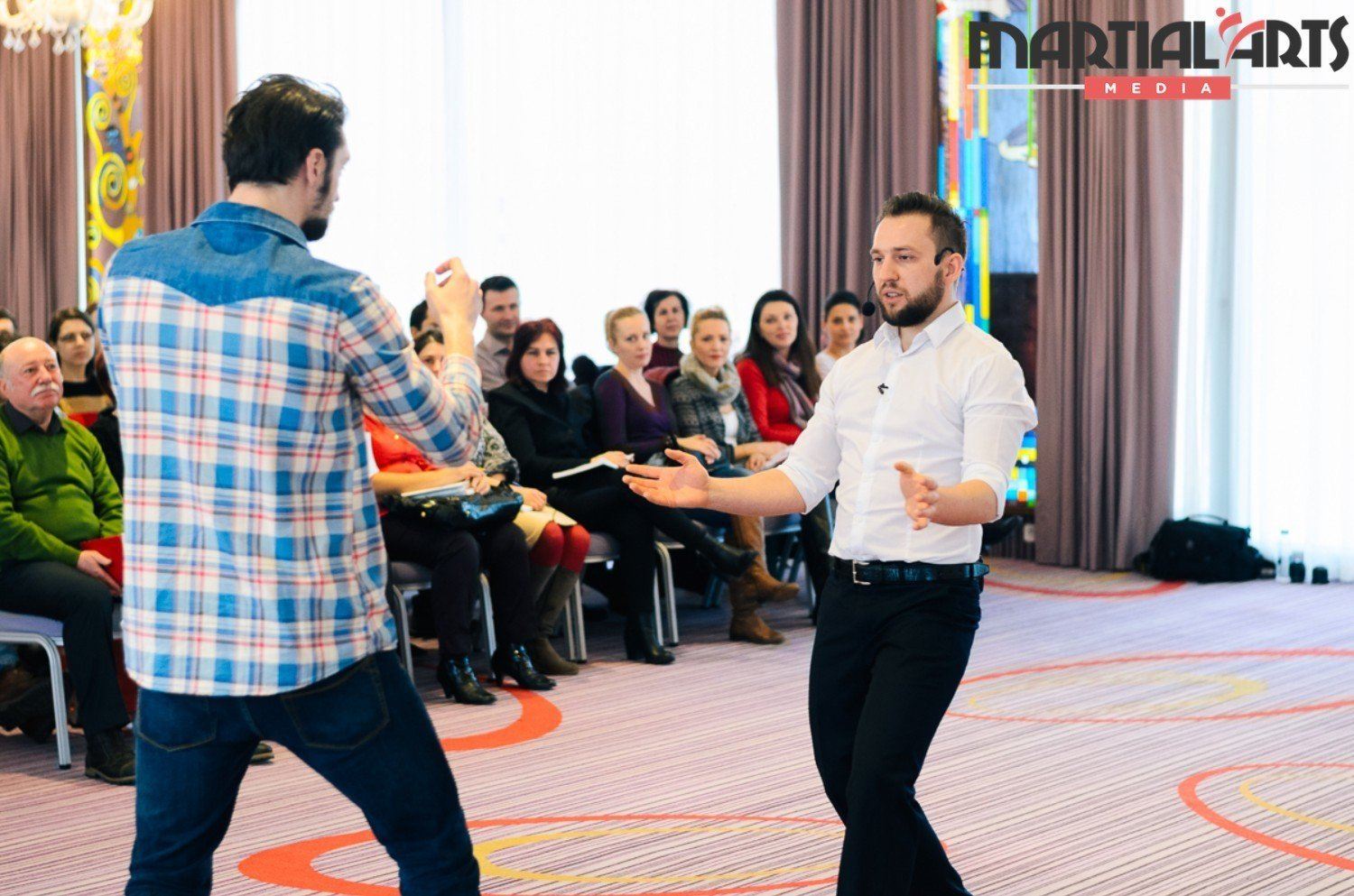
BOGDAN: Yes, yes, absolutely agree on that. I think we’re very conflicted as martial arts teachers in this aspect of charging what we’re worth and what most people teaching martial arts don't realize are that the same person that says, ‘I can't afford you, pays a therapist more than they will ever pay you for therapy. But you need to realize that you're not just teaching martial arts; you're giving people a chance to live healthier and happier. Why should somebody who is helping them cure the problem be paid more than you who are helping them prevent the problem, right?
So I'm not saying, OK, raise your glasses so that nobody will come to your school anymore, but just be aware of the value that you're really giving. You're not teaching people to punch other people in the face, like less than 1% of the people that you teach will get into an actual fight. You're teaching people to know themselves. By knowing themselves, they learn to say yes to more of what makes them happy and say no to what doesn’t make them happy and doesn't bring more of that satisfaction in their lives. So you're cancelling their medical bills, you're cancelling their psychotherapy pills and you know, you're just helping them thrive.
GEORGE: Definitely so. Hey Bogdan, this has been a very insightful conversation. I want to ask you, if you're new to this personal development thing, I mean, I probably have a few preferences myself, but for you as a martial arts instructor and you run a school and you do this: if I want to get into personal development, what do you think is the best place to start?
BOGDAN: Well the internet! The internet, it’s full of personal development quotes…
GEORGE: Facebook?
BOGDAN: Videos… Facebook, yeah, as well. The problem that internet, the advantage of the internet is the huge quantity of information. The disadvantage is the huge quantity of information. So whatever we recommend, if you're teaching martial arts and you want to tap into personal development, it’s actually to start listening to the Personal Development Through Martial Arts podcast. There you go. There's a plug for you.
GEORGE: Yeah!
BOGDAN: And absolutely, go ahead and check the interview with George. We talked a lot about marketing and growing your school, that was a lot of fun. Yeah, yeah, I basically recommend the podcast, because we’re having very, very powerful inspiration from people who are experts in this field of fitness, personal development, communication. I’m interviewing Florin who is a personal finance expert who teaches that. And also, of course, martial arts masters that you can learn and get insights from. Yeah.
GEORGE: Fantastic. And so, your podcast is for direct access, that's addicted2wingchun.com.
BOGDAN: I think the best would be just to Google Personal Development through Martial Arts podcast. You can find it on iTunes for now, Google play is not available in Romania yet, but I'm still looking into that and making it available on Google play as well. But yeah, the fastest way would be just to Google the title.
GEORGE: Sounds good. Bogdan – it’s been great speaking to you, and I'm going to round this up with one last question.
BOGDAN: Sure.
GEORGE: And that is, what is the one biggest reason that I would want to come and visit Romania?
BOGDAN: Uh, well, to come to our school. That would be the number one! Romania is awesome. You know, we’re very welcoming people. I think that if you came to Romania you would immediately feel like you're at home. And the people, the people, 100%. And you know, you can check out the mountains as well, the sea, there's a lot of stuff to do and a lot of fun, but 100% the people.
GEORGE: And your school, of course.
BOGDAN: And my school.
GEORGE: That's a given!
BOGDAN: Awesome.
GEORGE: Awesome. Bogdan, thanks, thanks again. Great chatting with you and it was great being featured on your Personal Development podcast as well. Personal Development for Martial Arts and I look forward to catching up again soon.
BOGDAN: Awesome, thank you so much for the invitation guys, thanks so much for listening in.
GEORGE: Awesome – cheers!
*Need help growing your martial arts school? Learn More Here.
Enjoyed the show? Get more martial arts business tips when you subscribe on iTunes for iPhone or Stitcher Radio for Android devices.



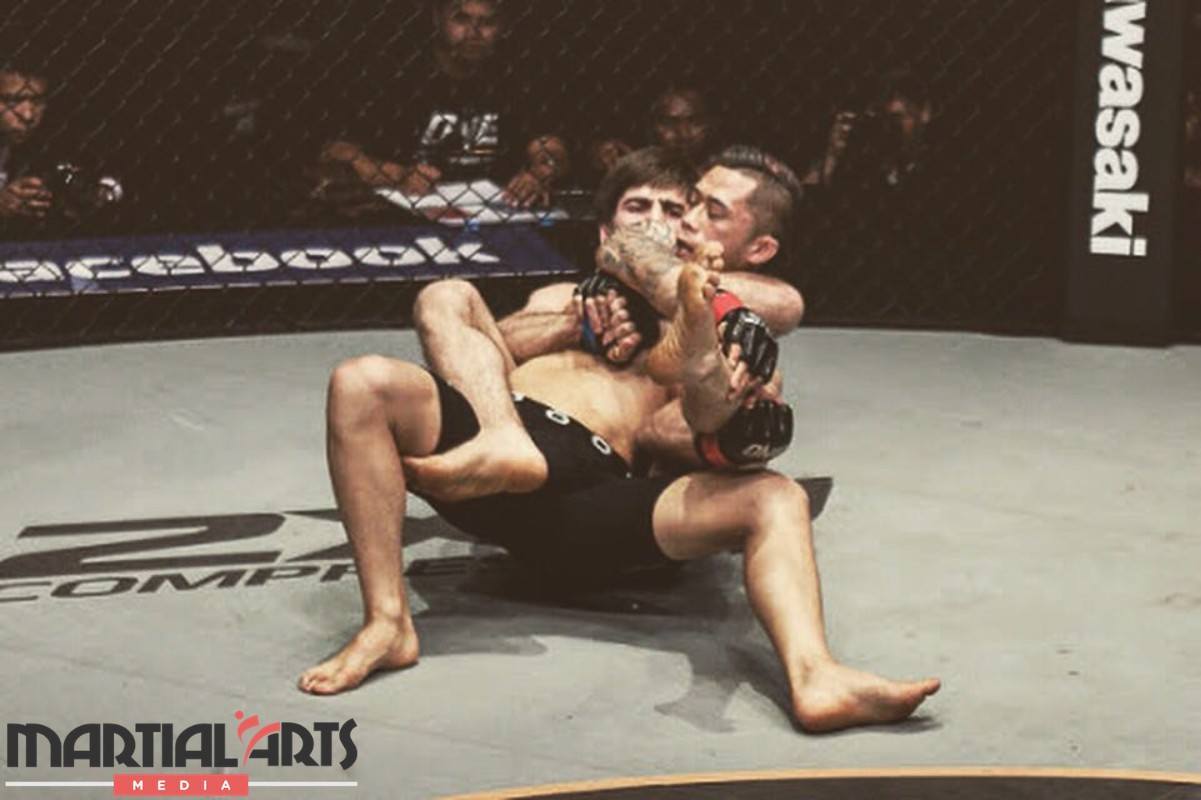

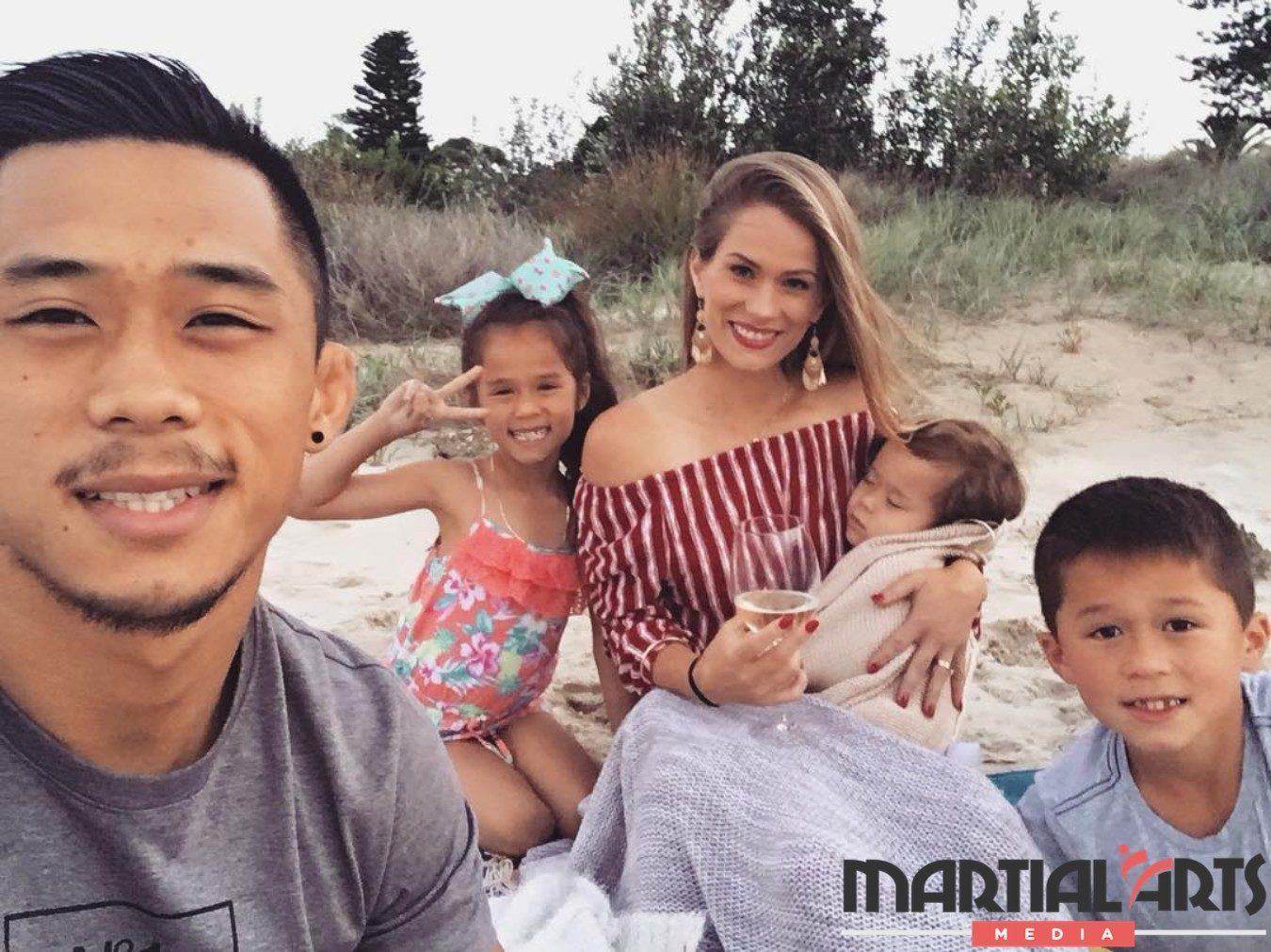

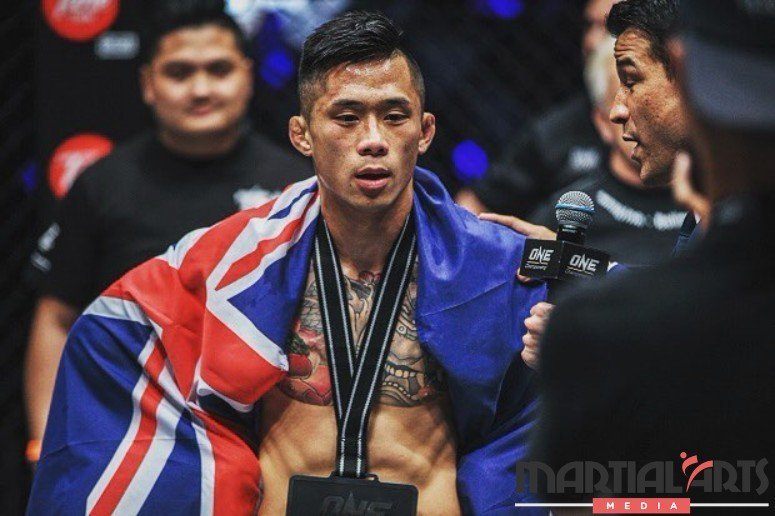
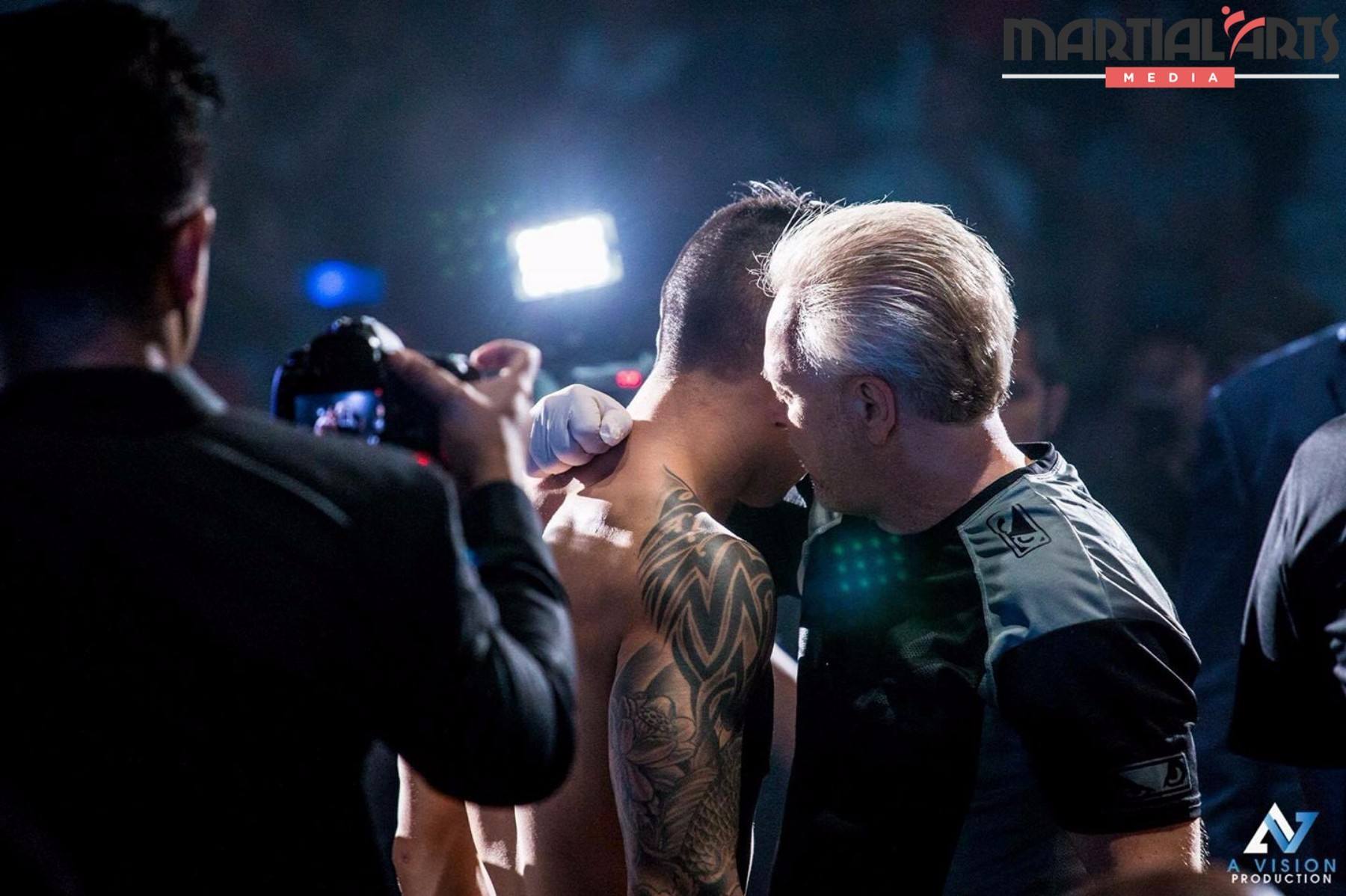

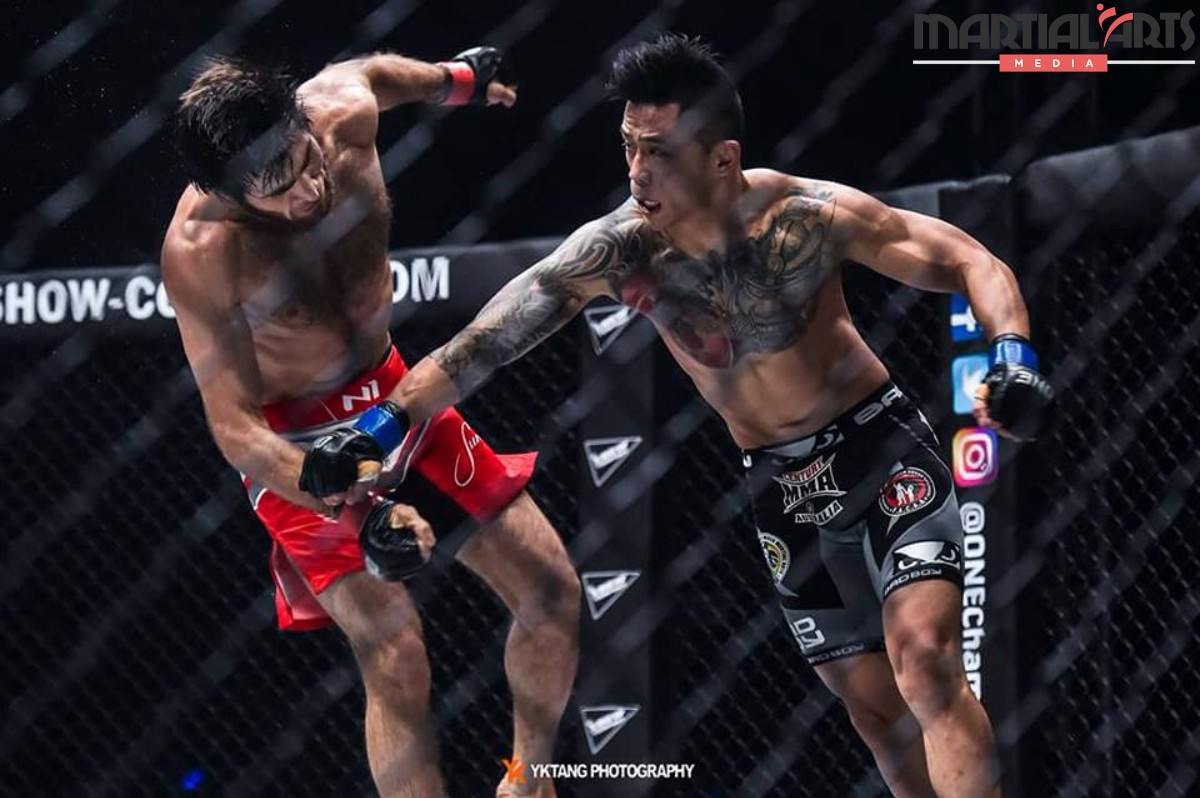

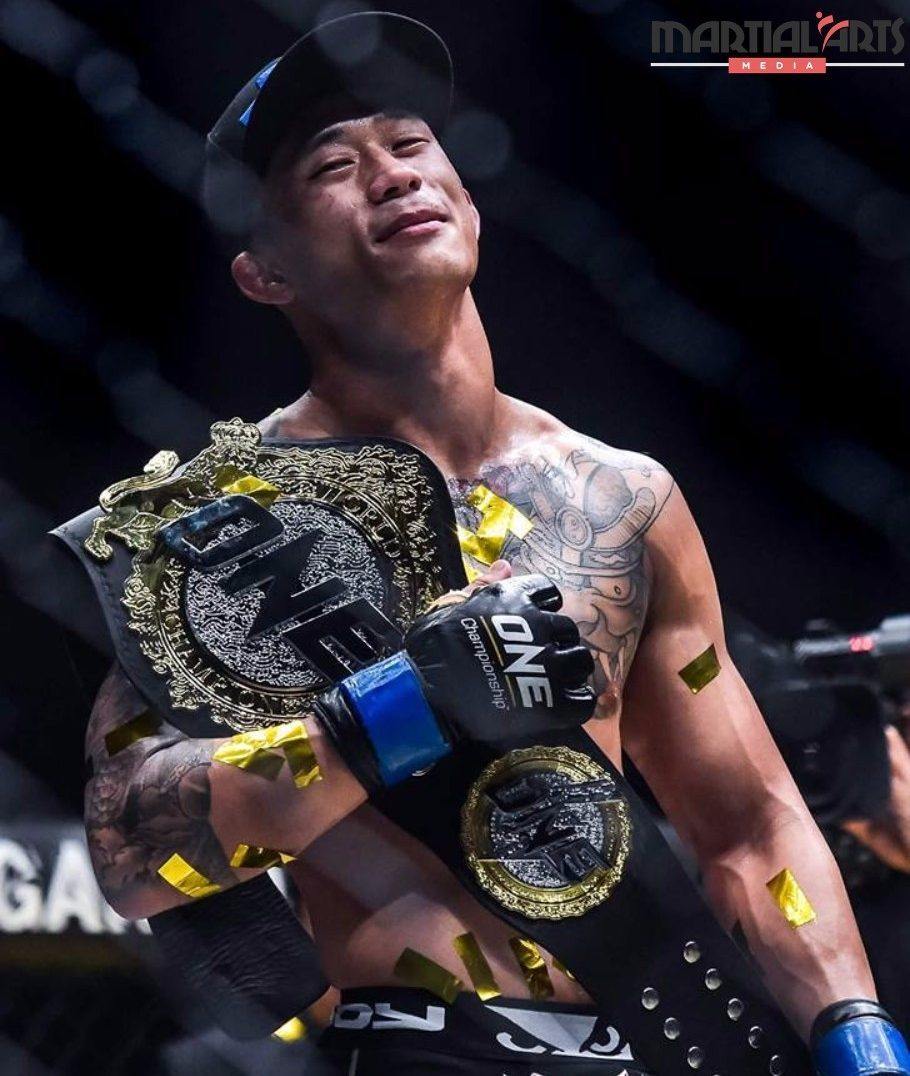

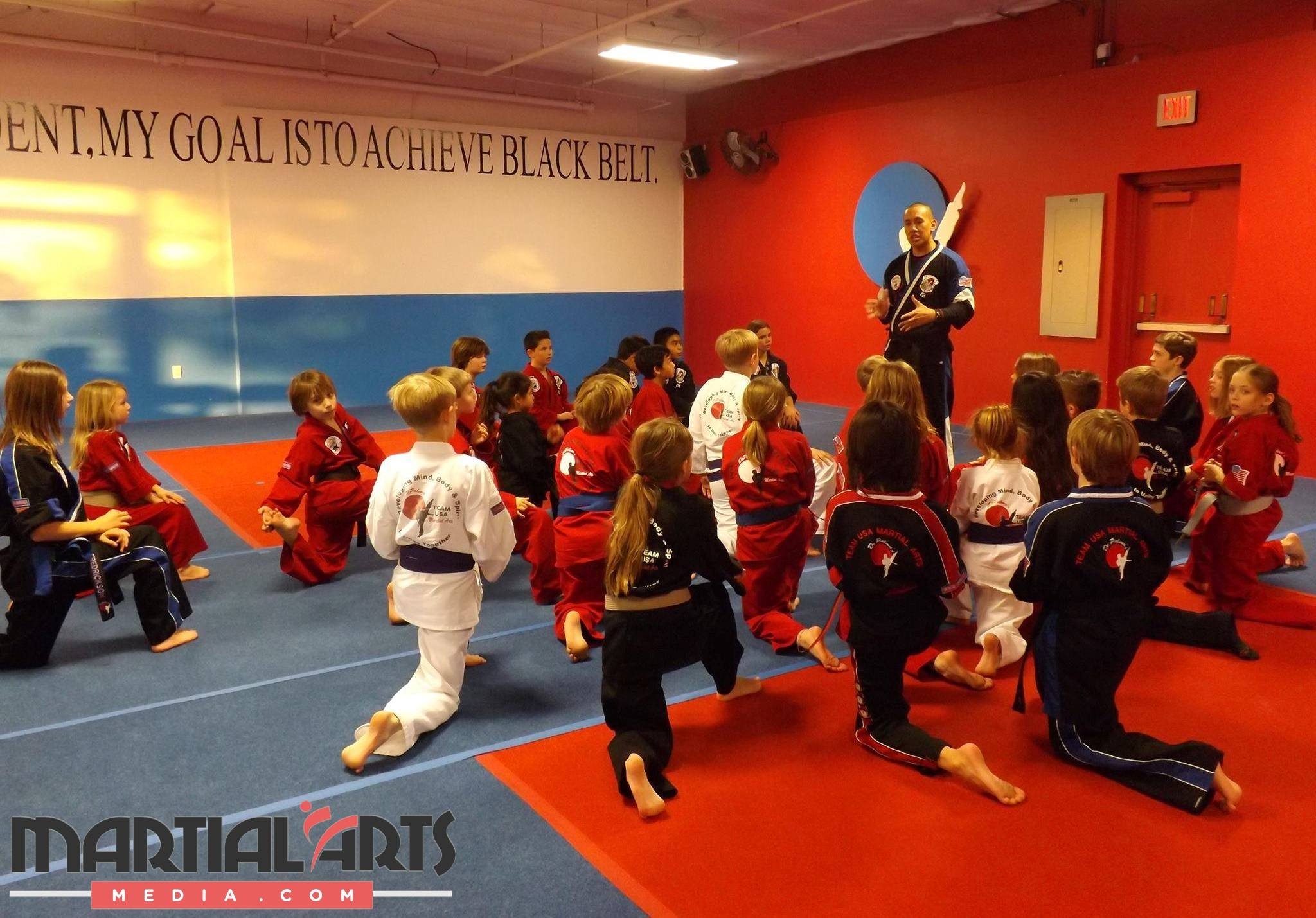
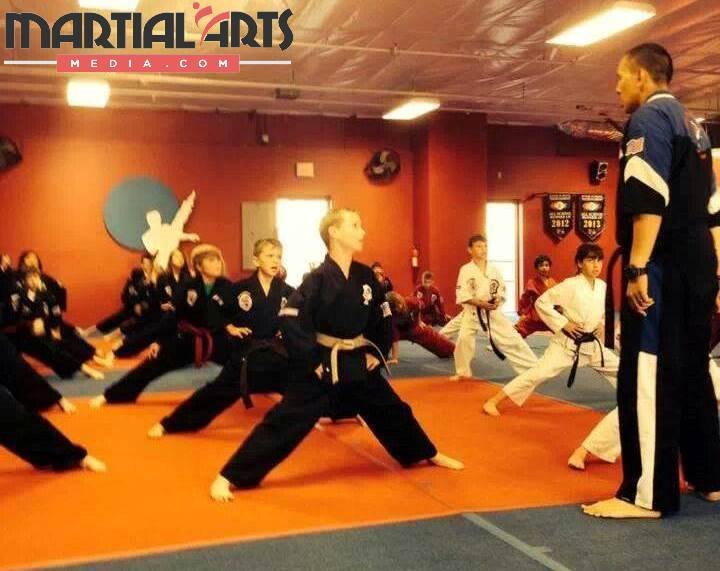
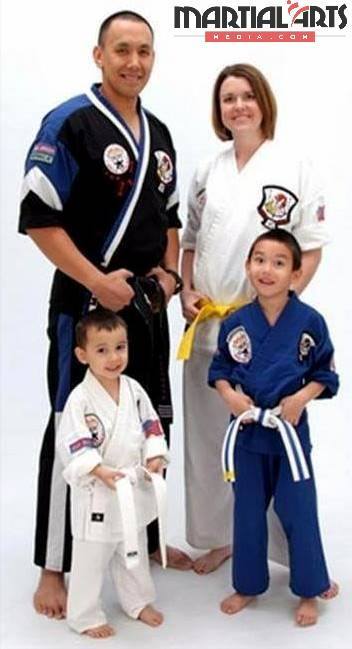 Energy is – actually let me kind of segway this a little bit: before I teach, I'm a business owner, so I’ll do all my business stuff in the morning and early afternoon, but before I teach, no matter what, I usually take at least 30 minutes to an hour of me time before I have to teach that day. Whether it’s a private class at 3:30, even if I might have been at the school all day, at 2:30, I get in my truck and I drive.
Energy is – actually let me kind of segway this a little bit: before I teach, I'm a business owner, so I’ll do all my business stuff in the morning and early afternoon, but before I teach, no matter what, I usually take at least 30 minutes to an hour of me time before I have to teach that day. Whether it’s a private class at 3:30, even if I might have been at the school all day, at 2:30, I get in my truck and I drive. 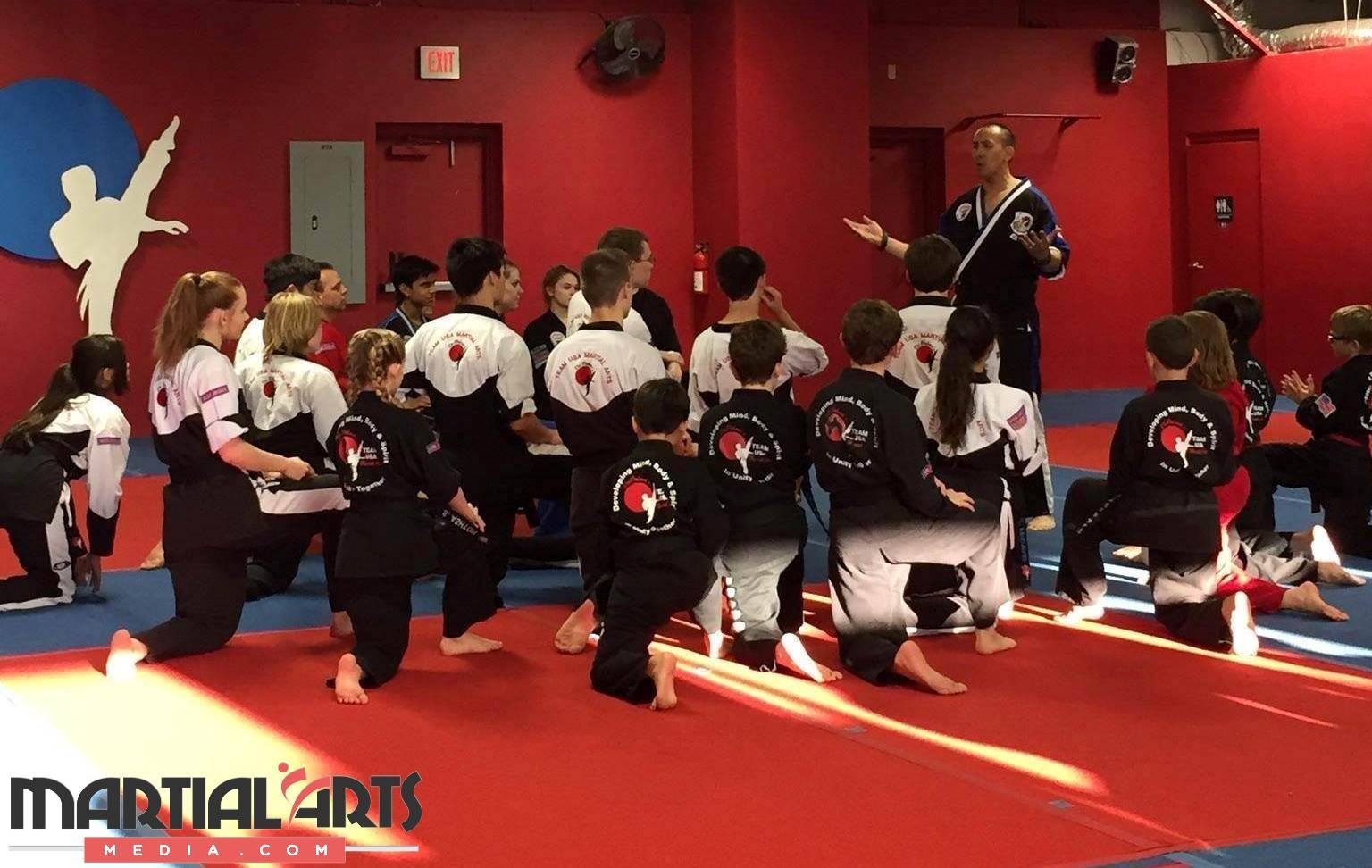

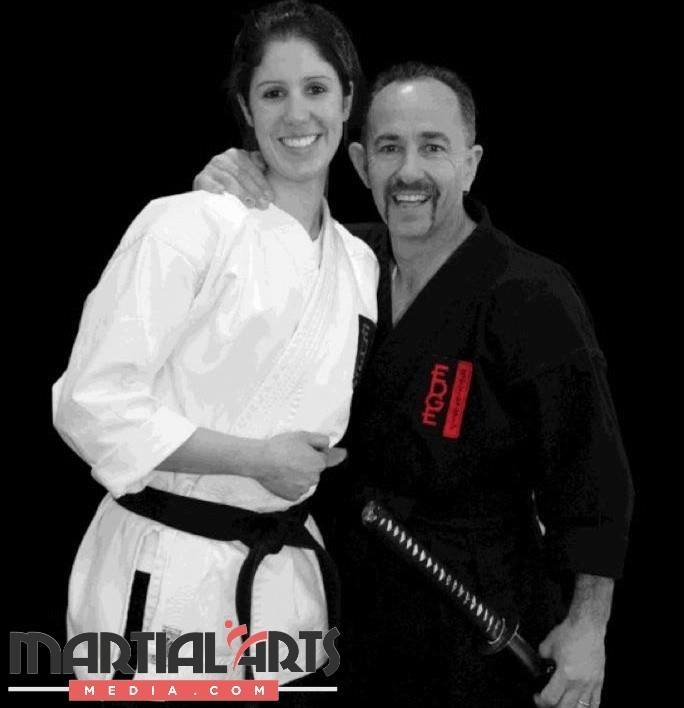
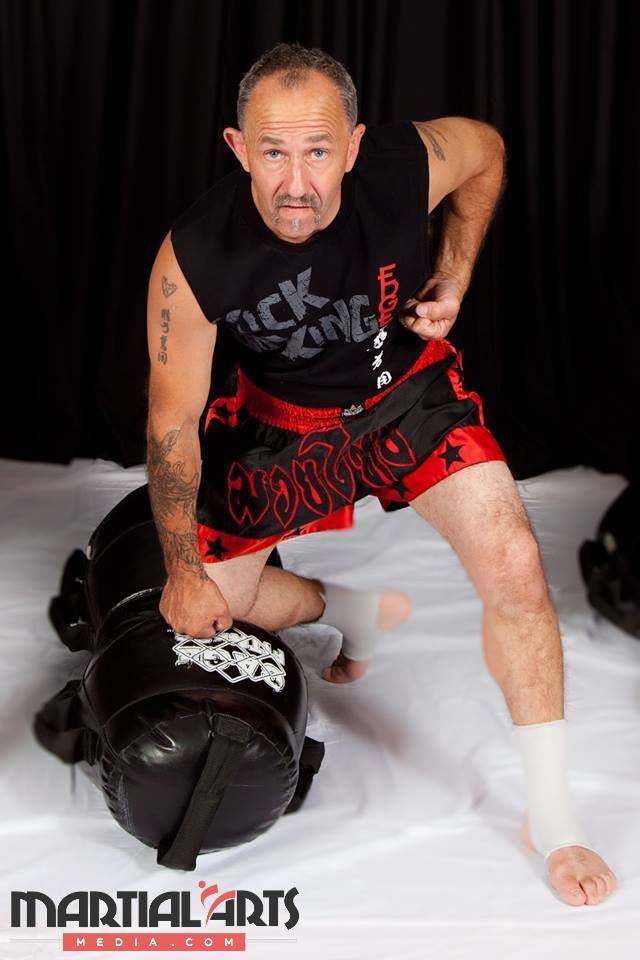
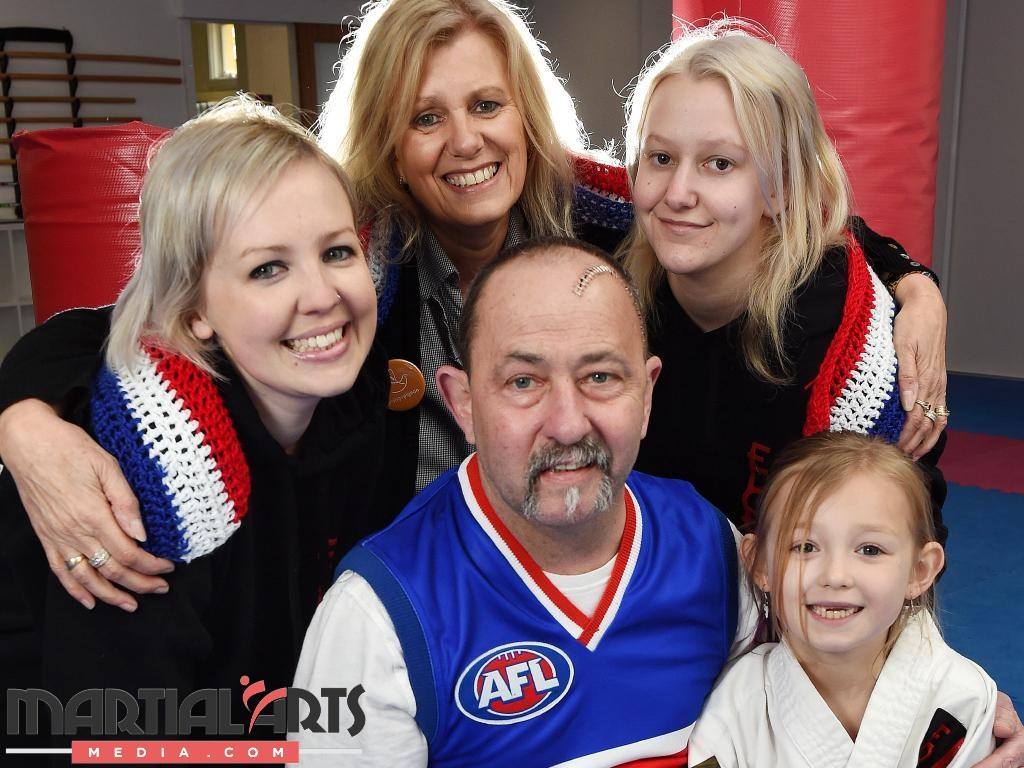
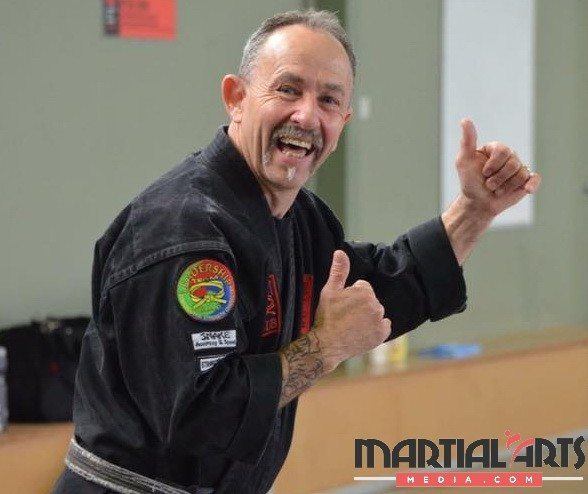

 PAUL:
PAUL:




